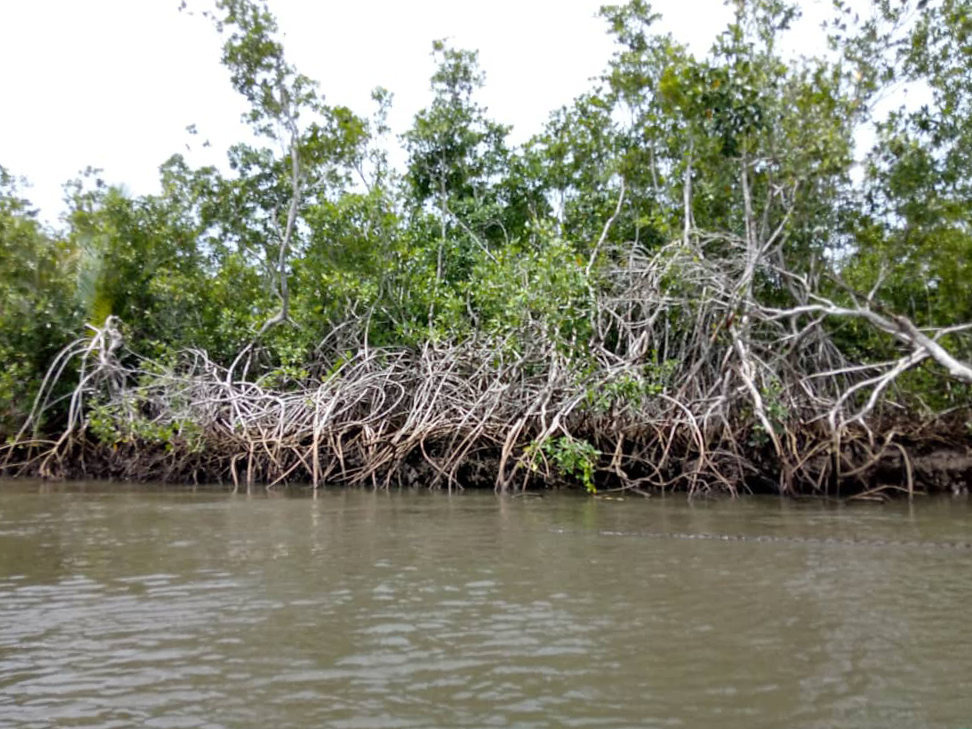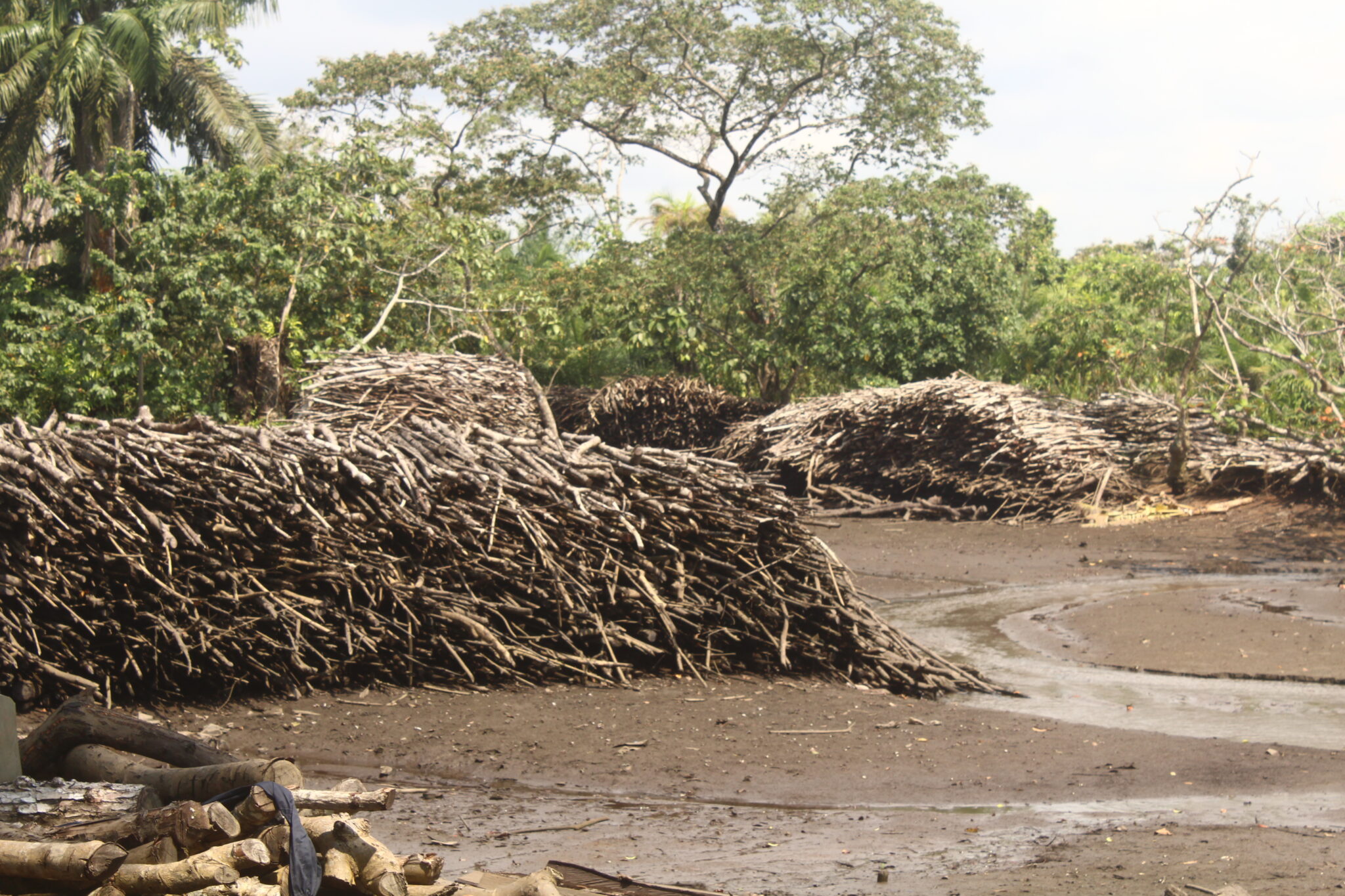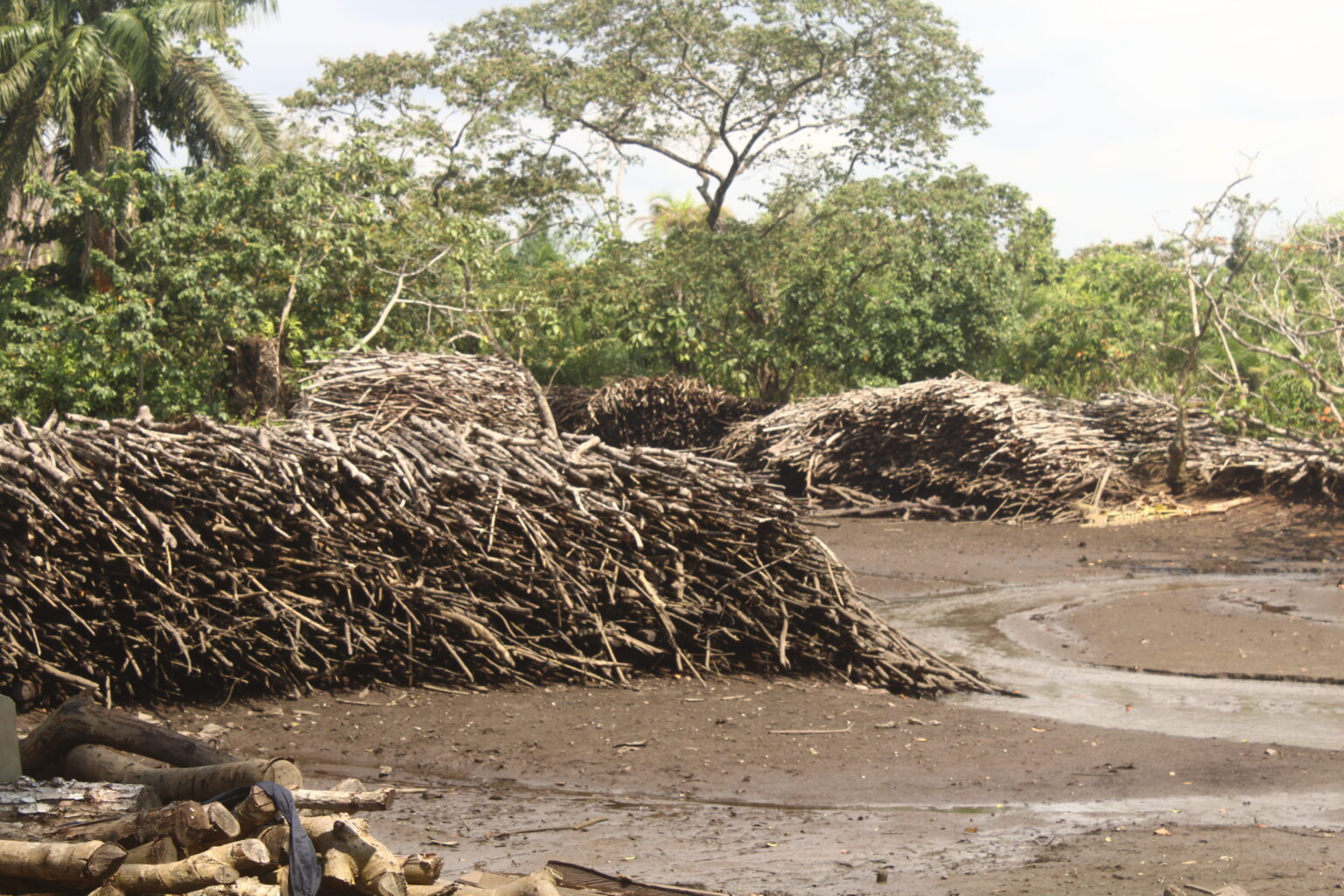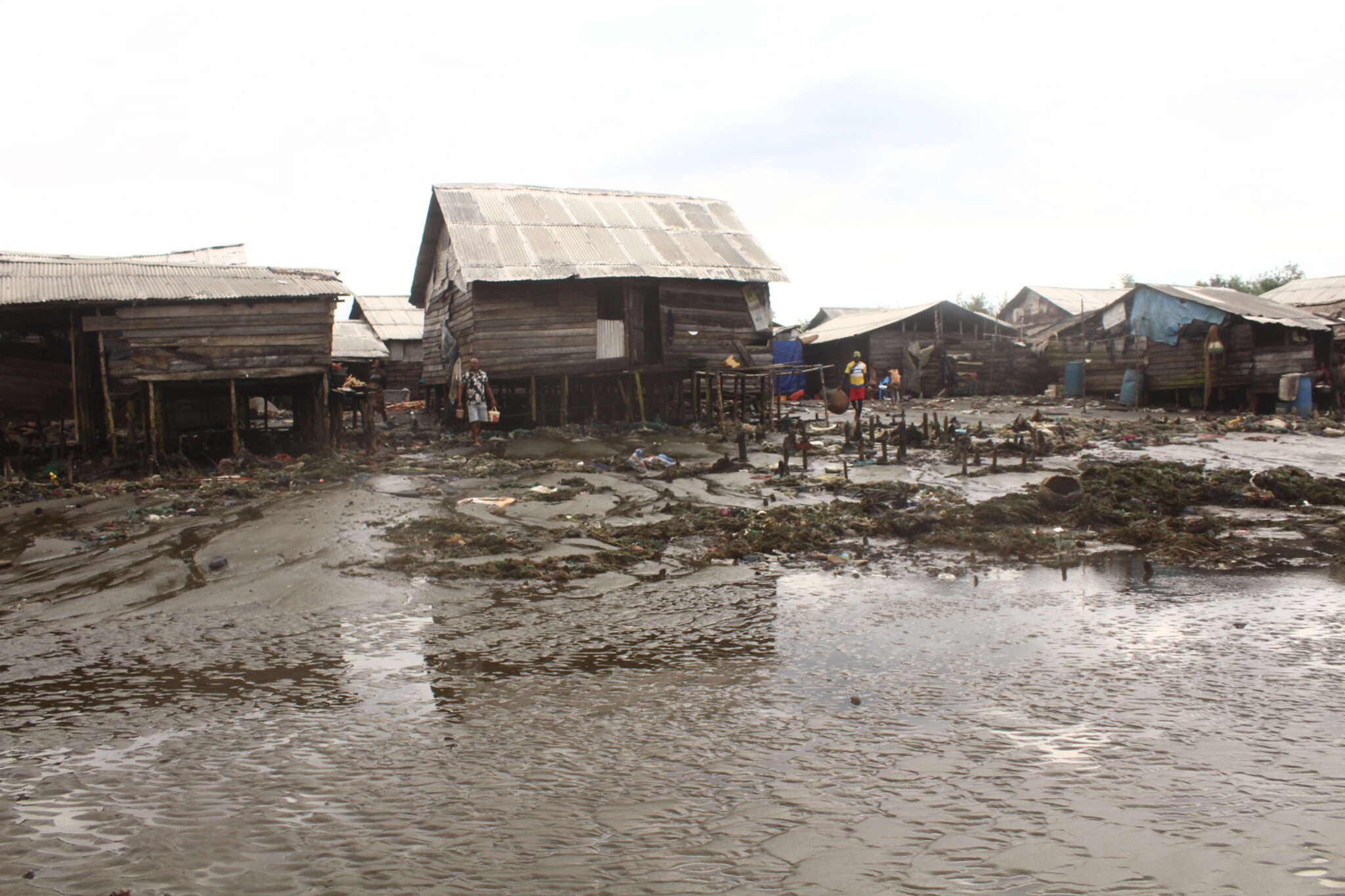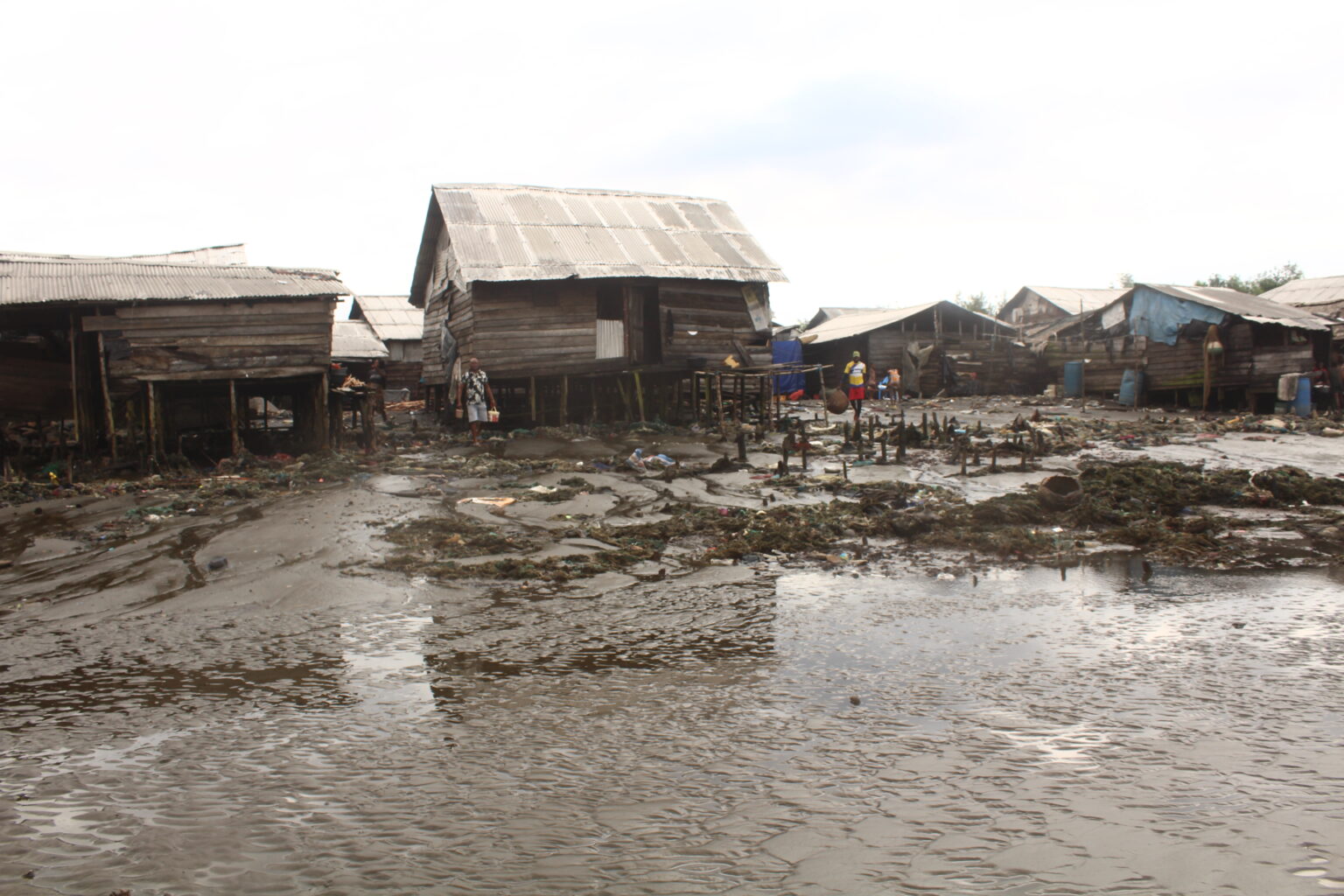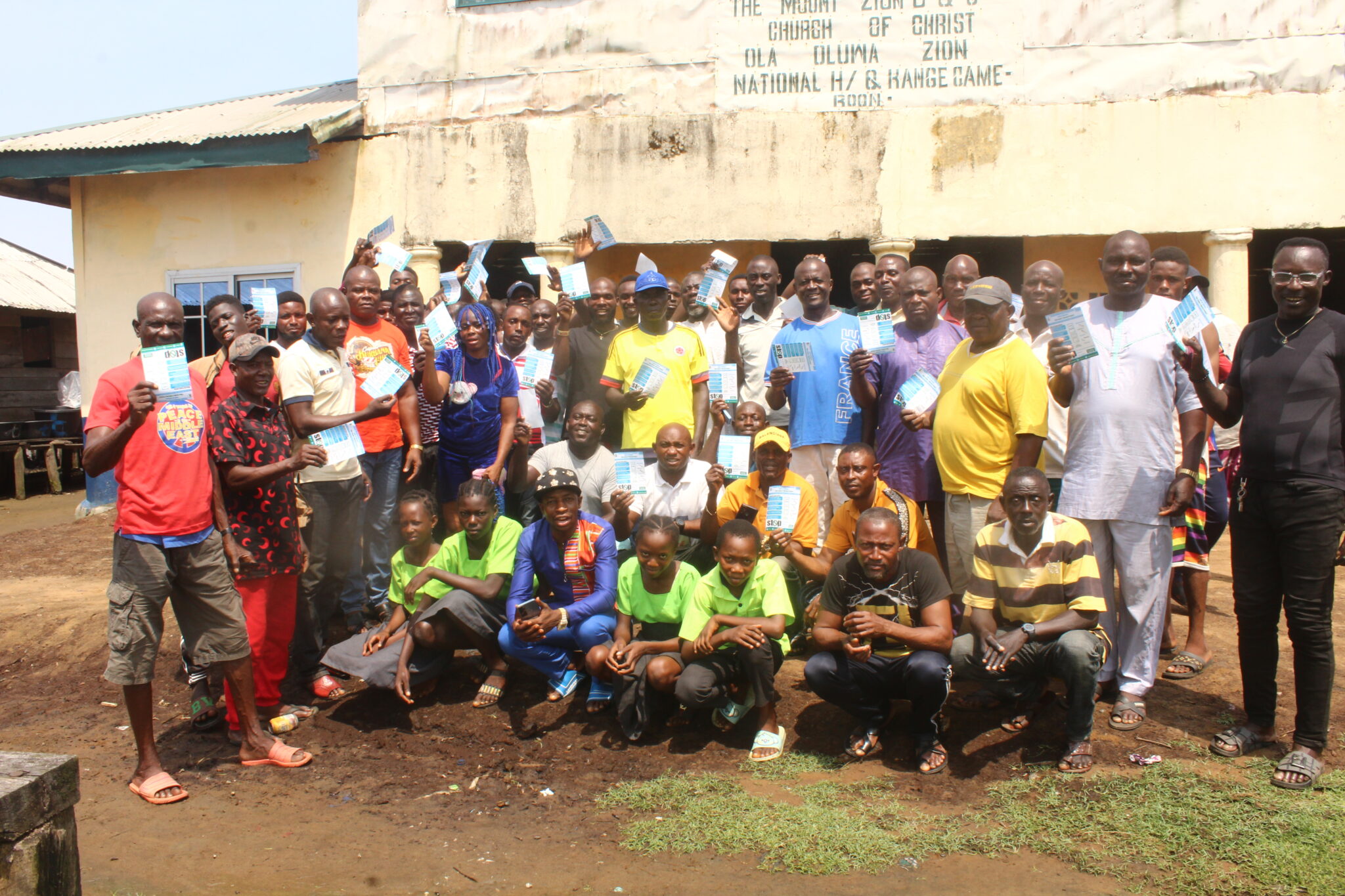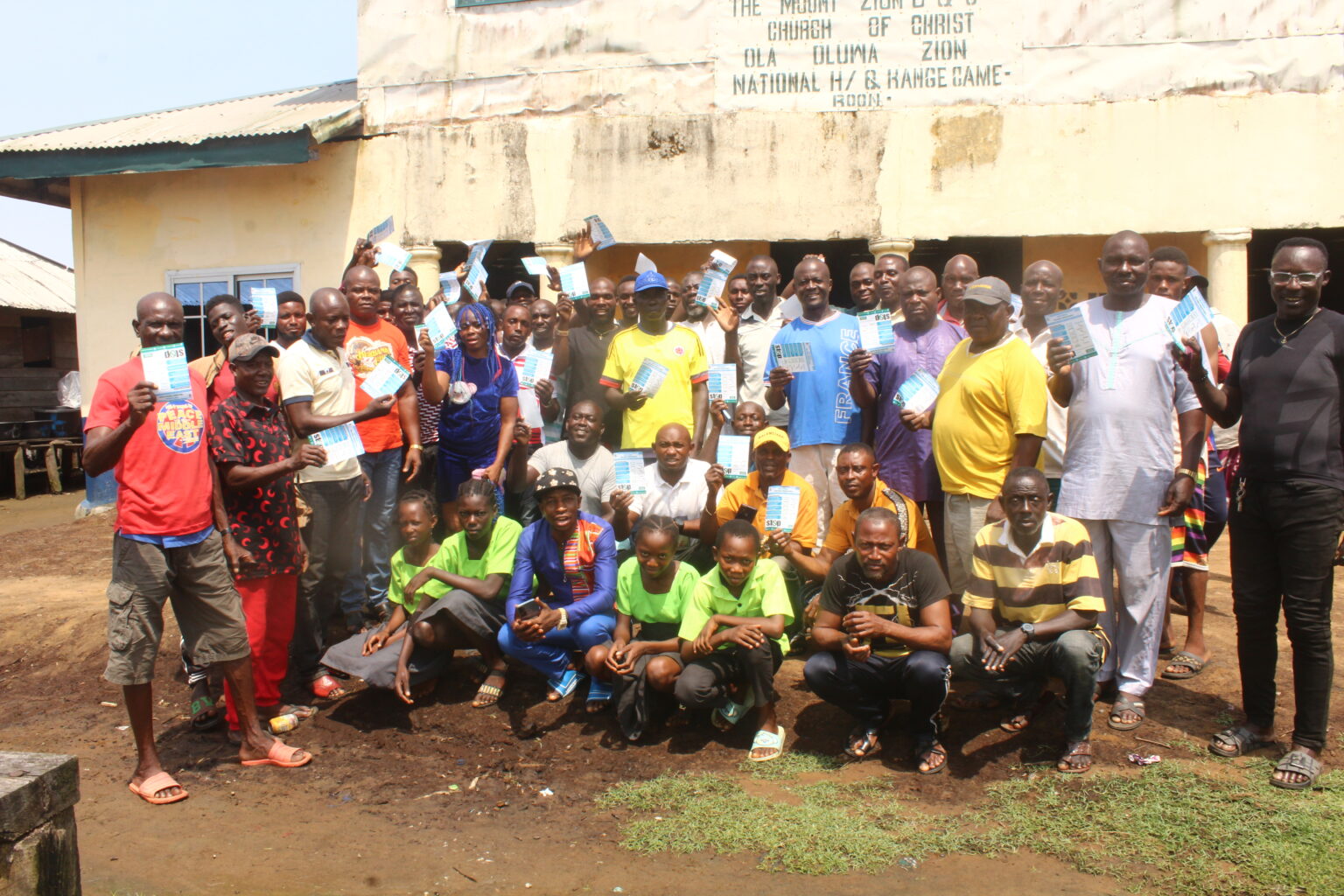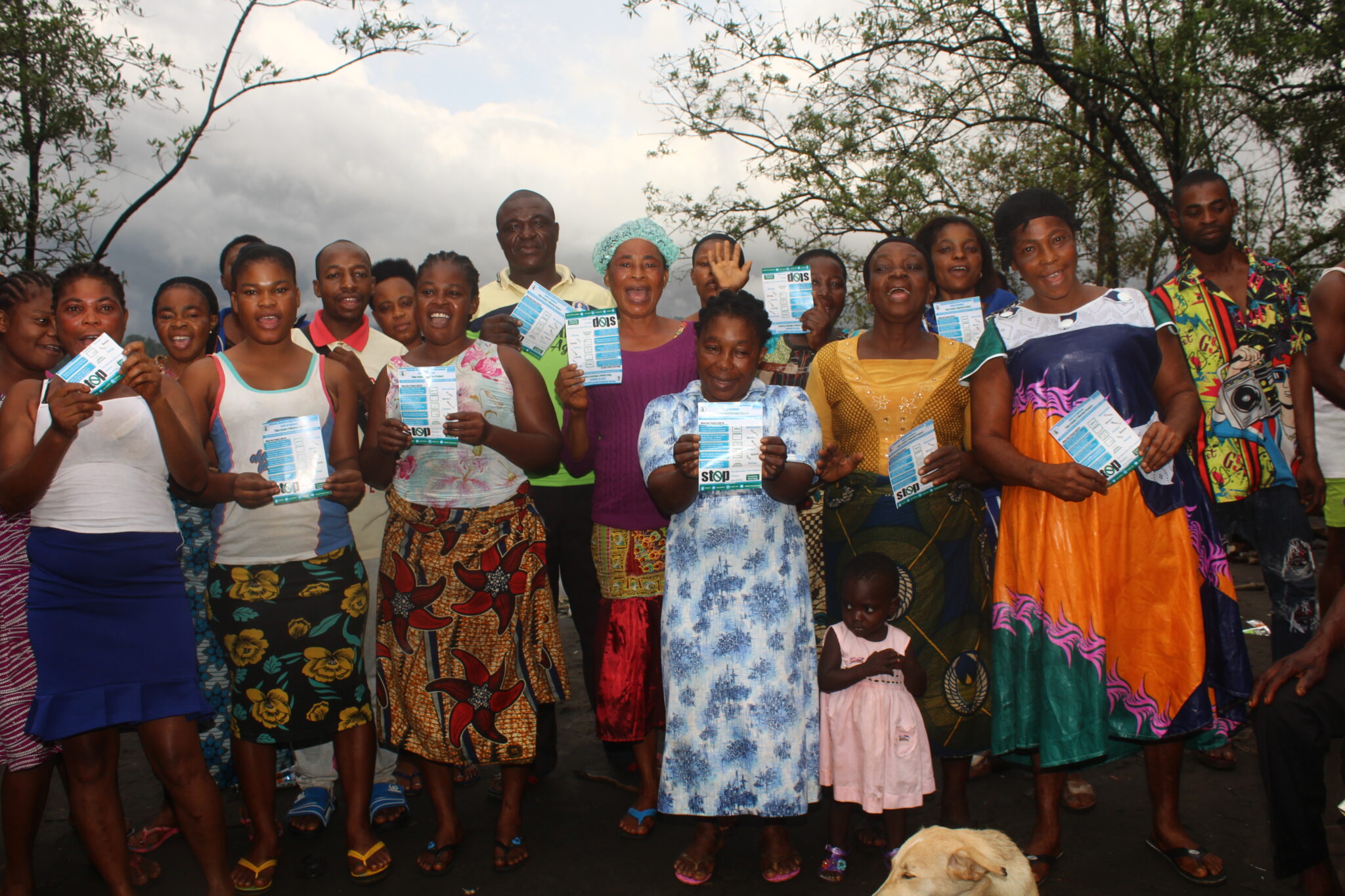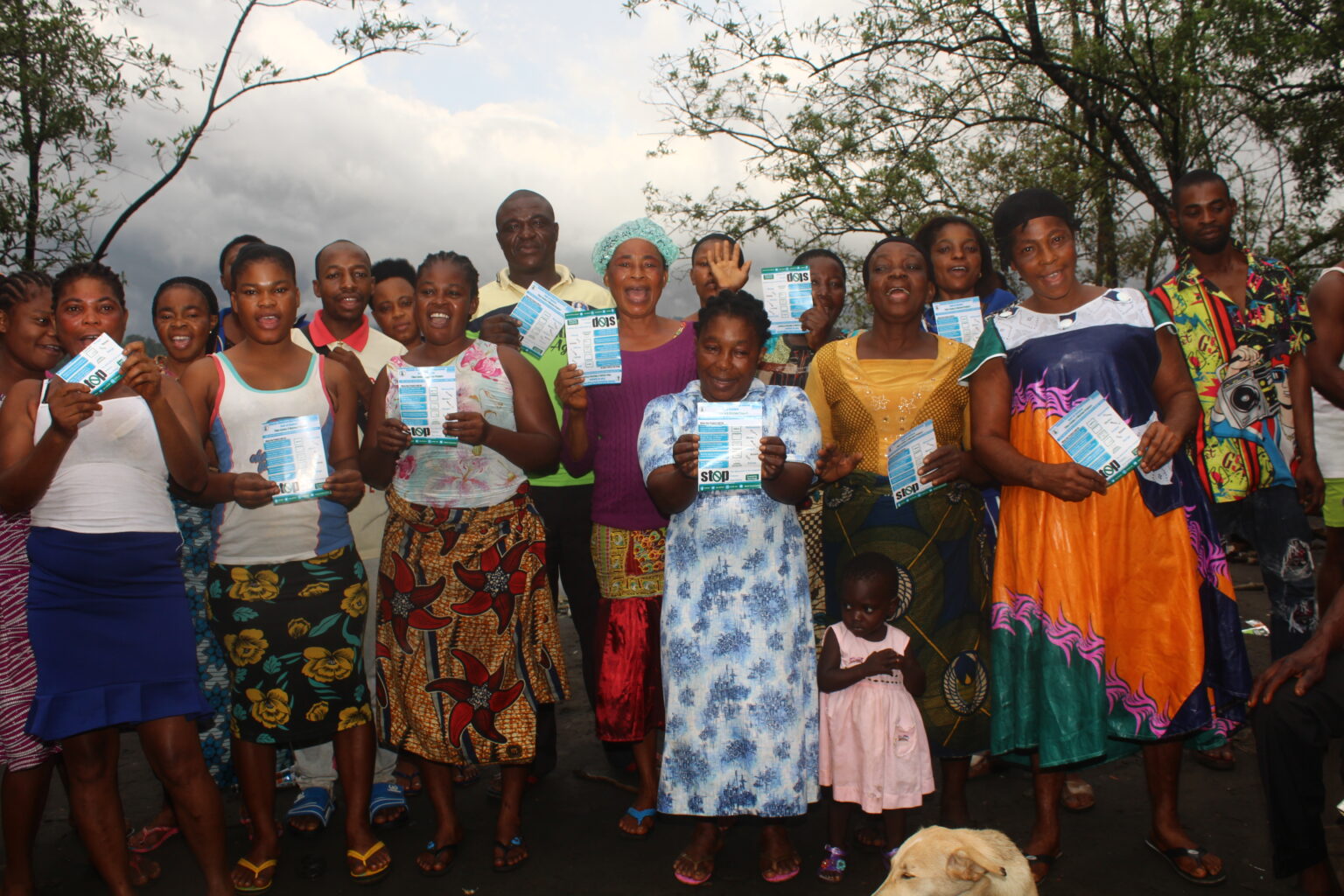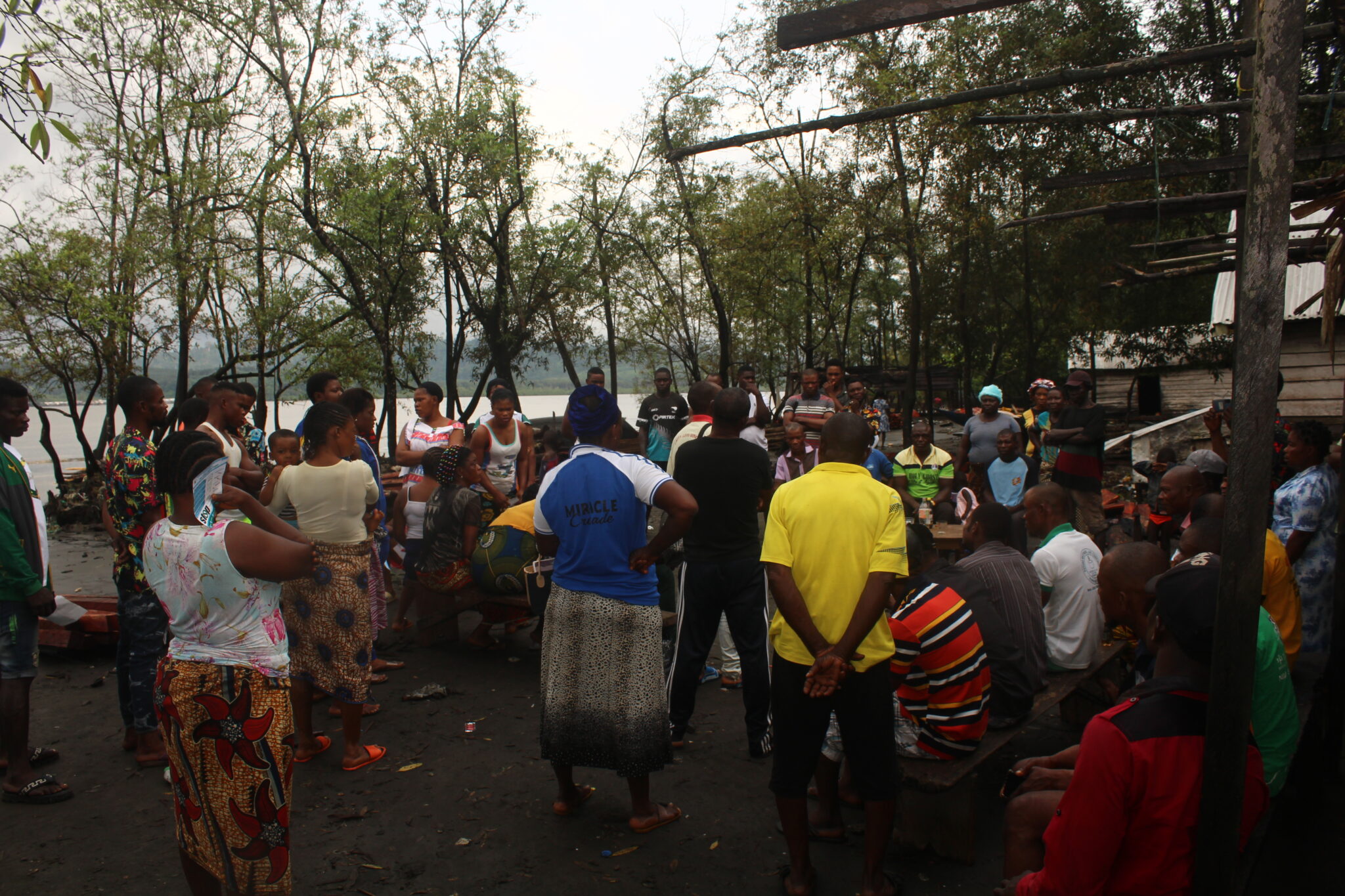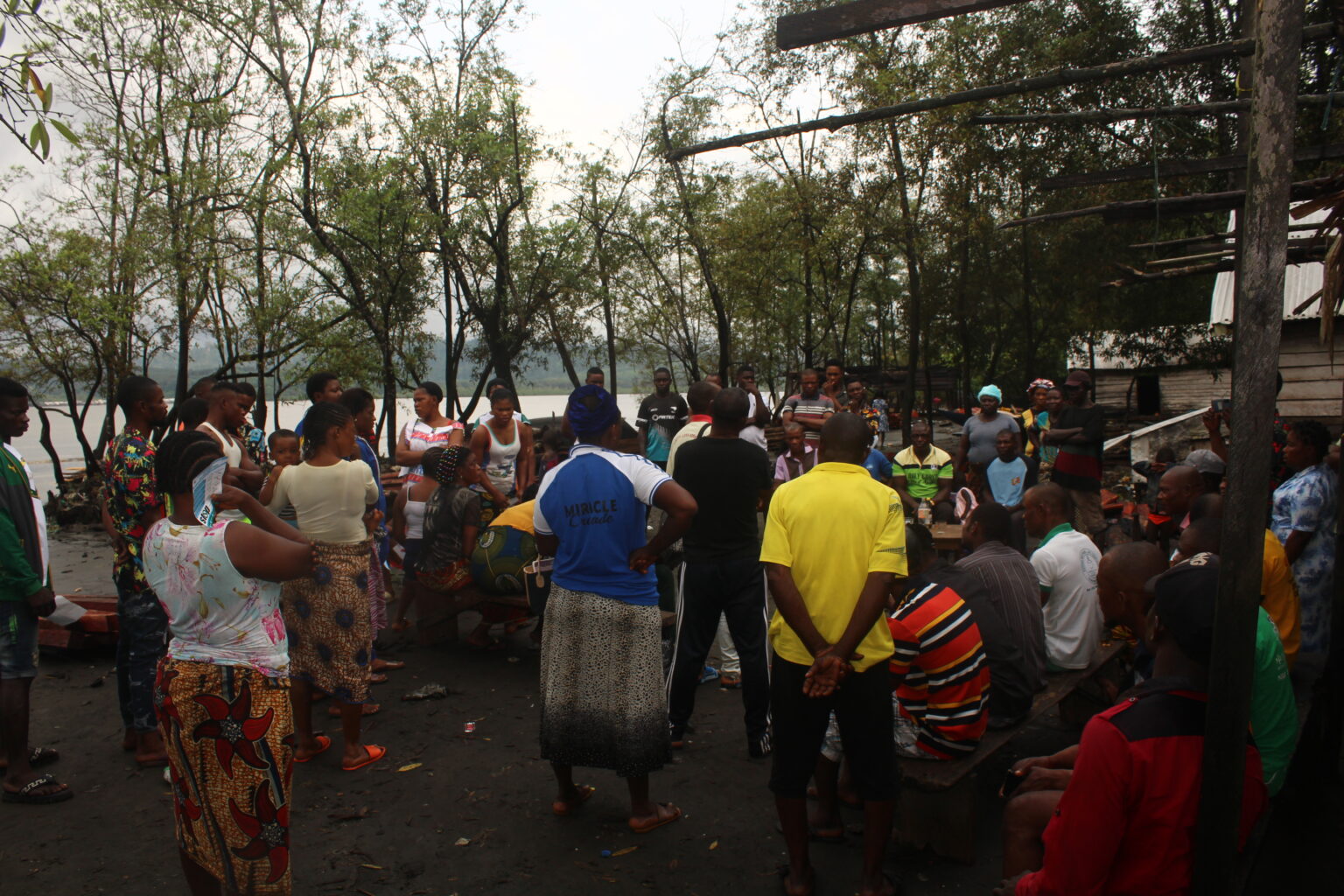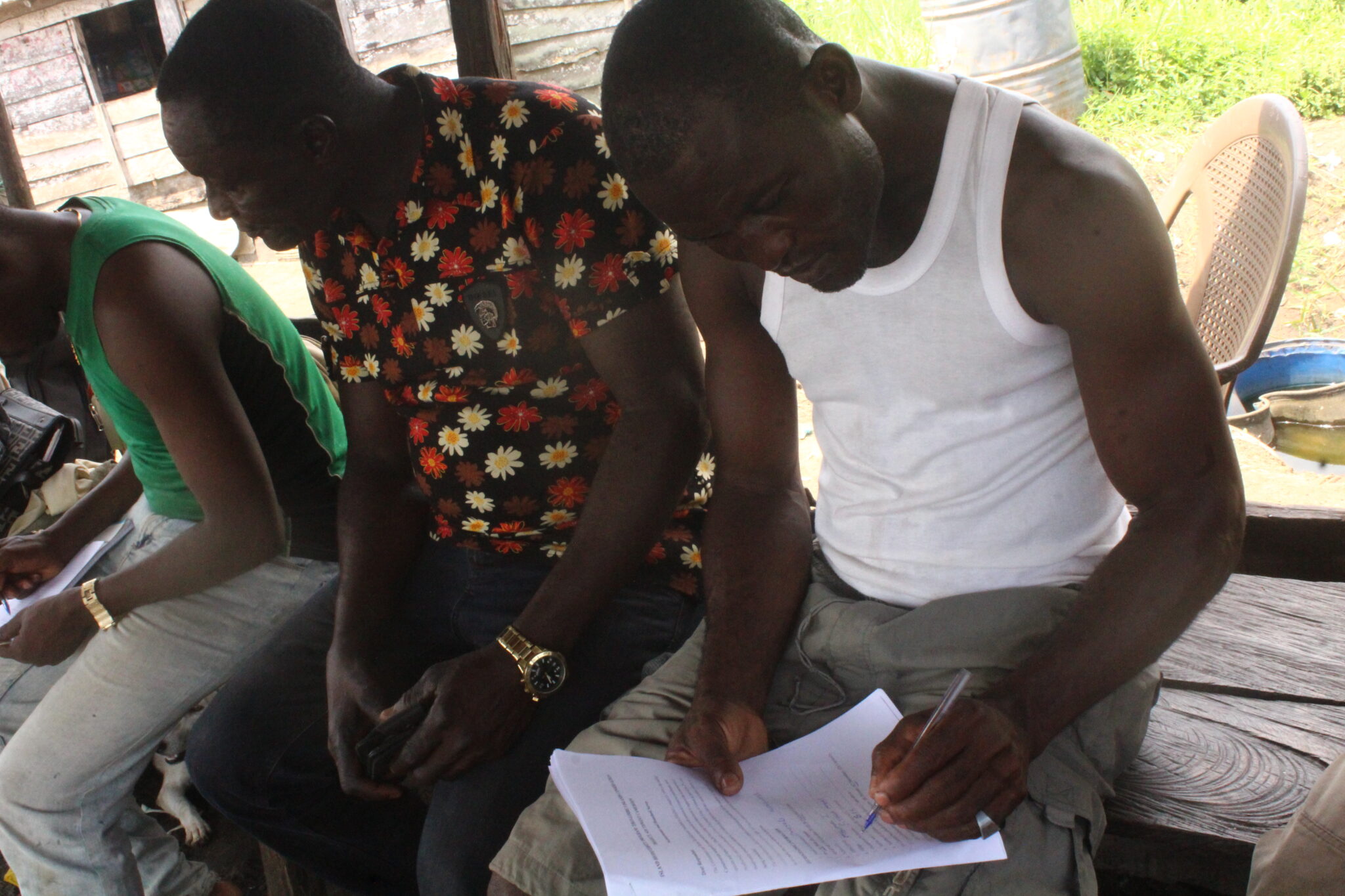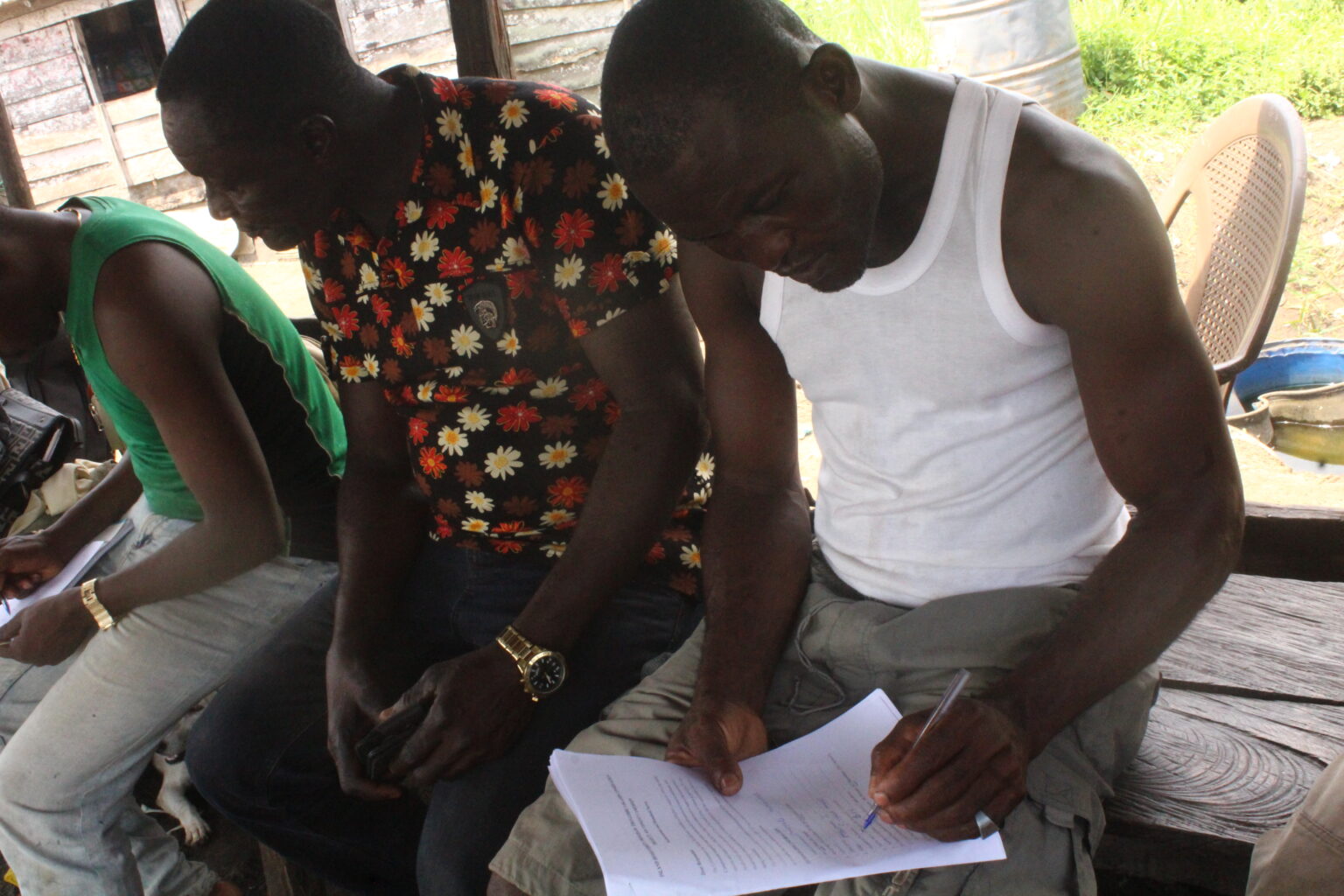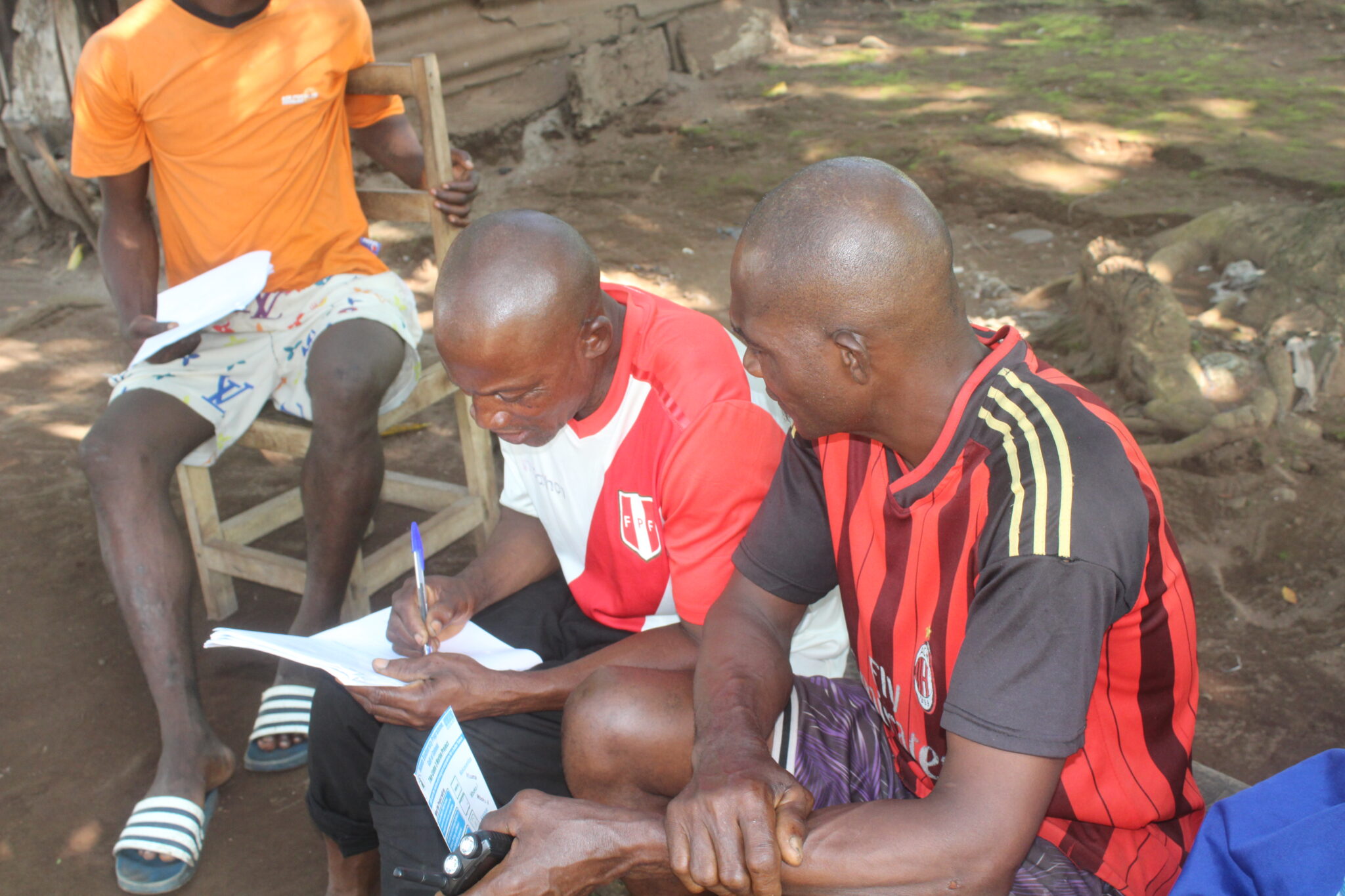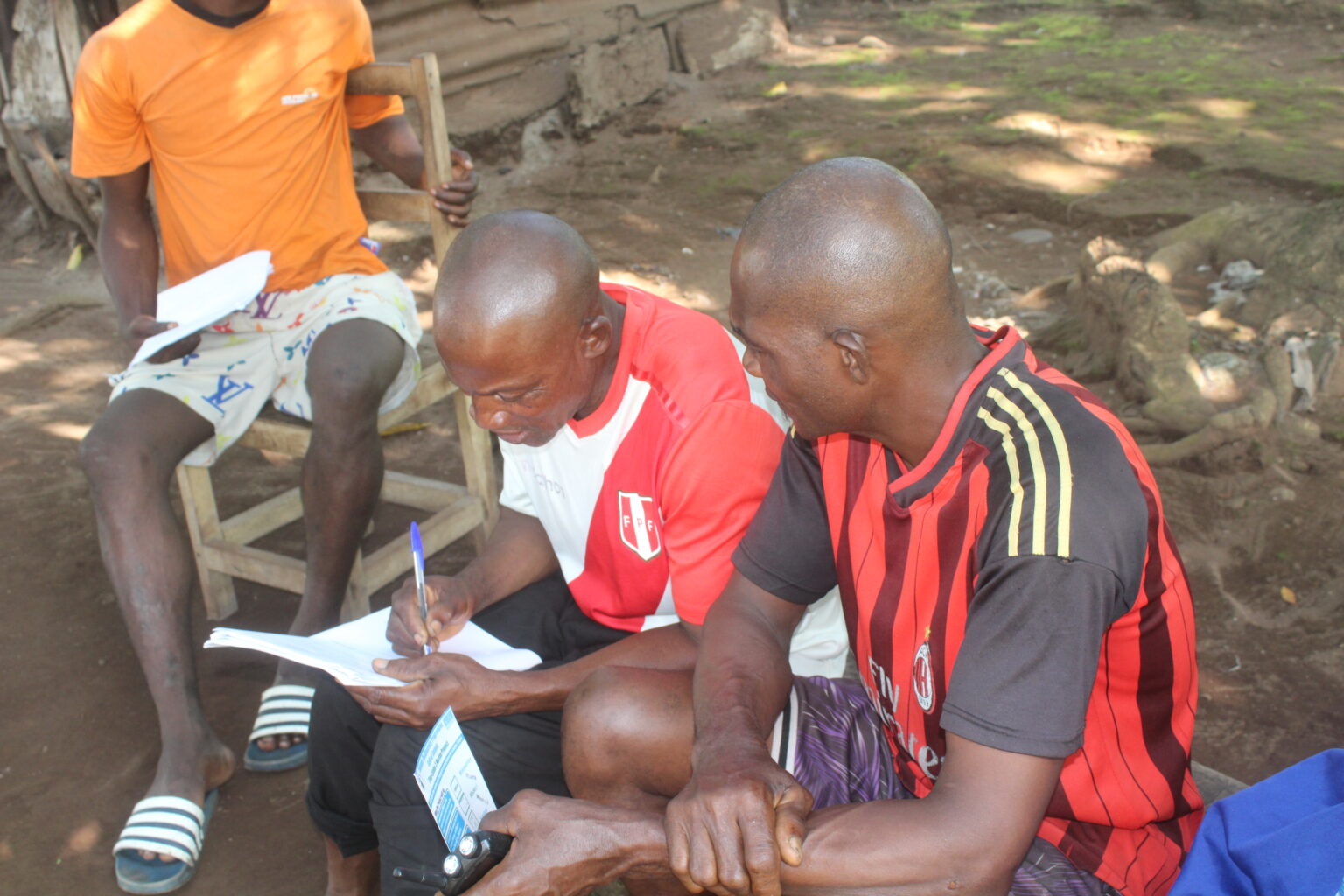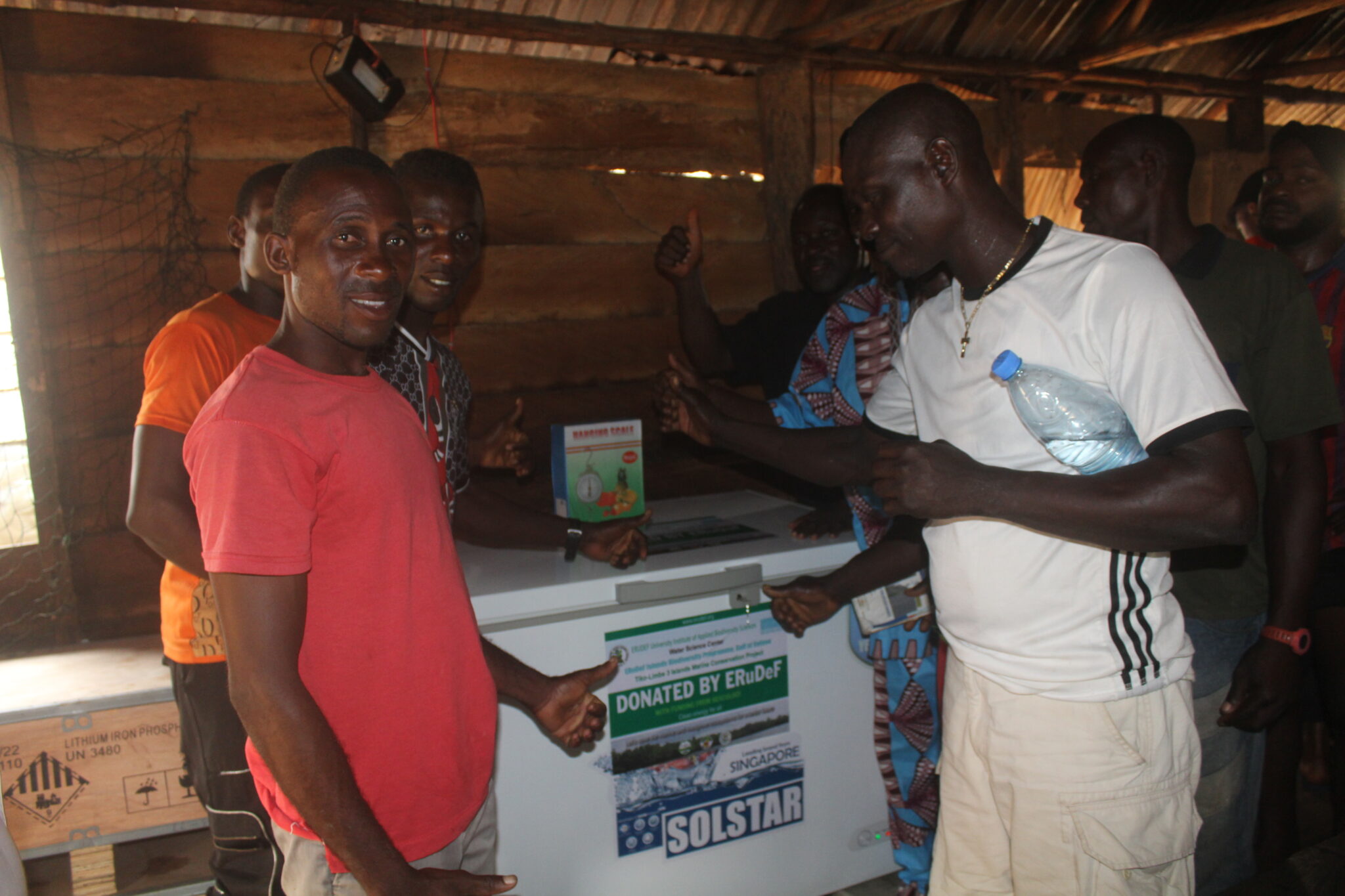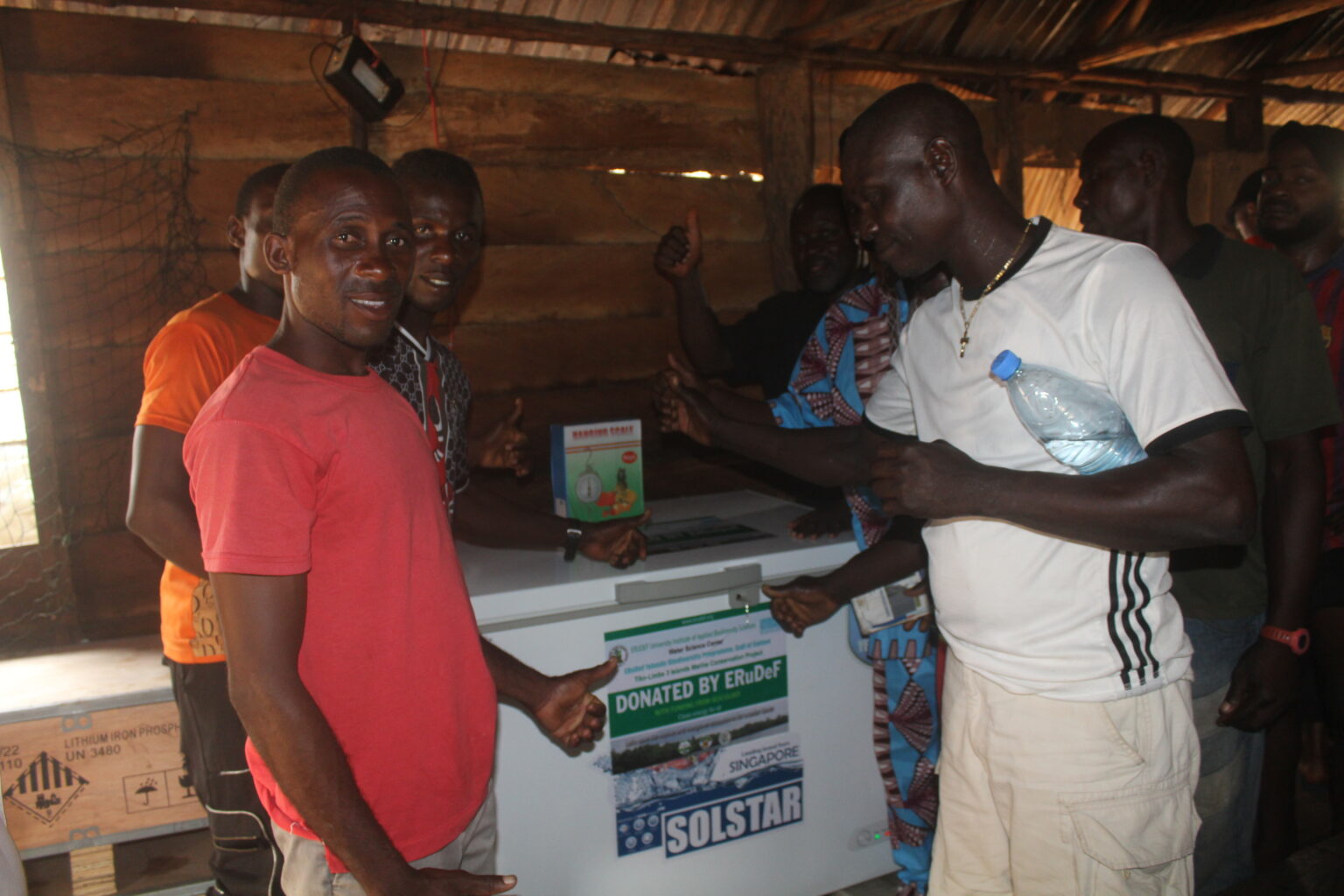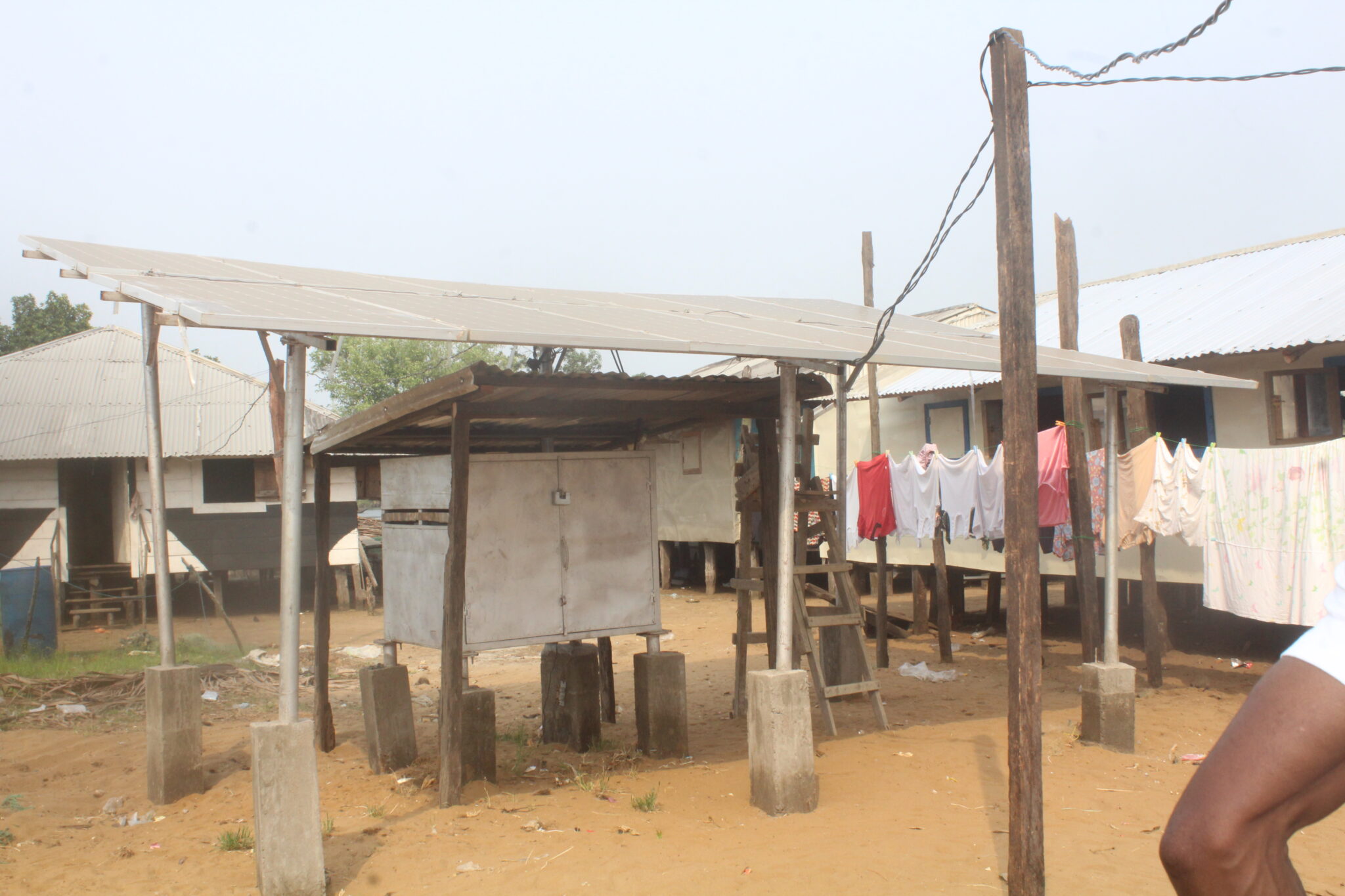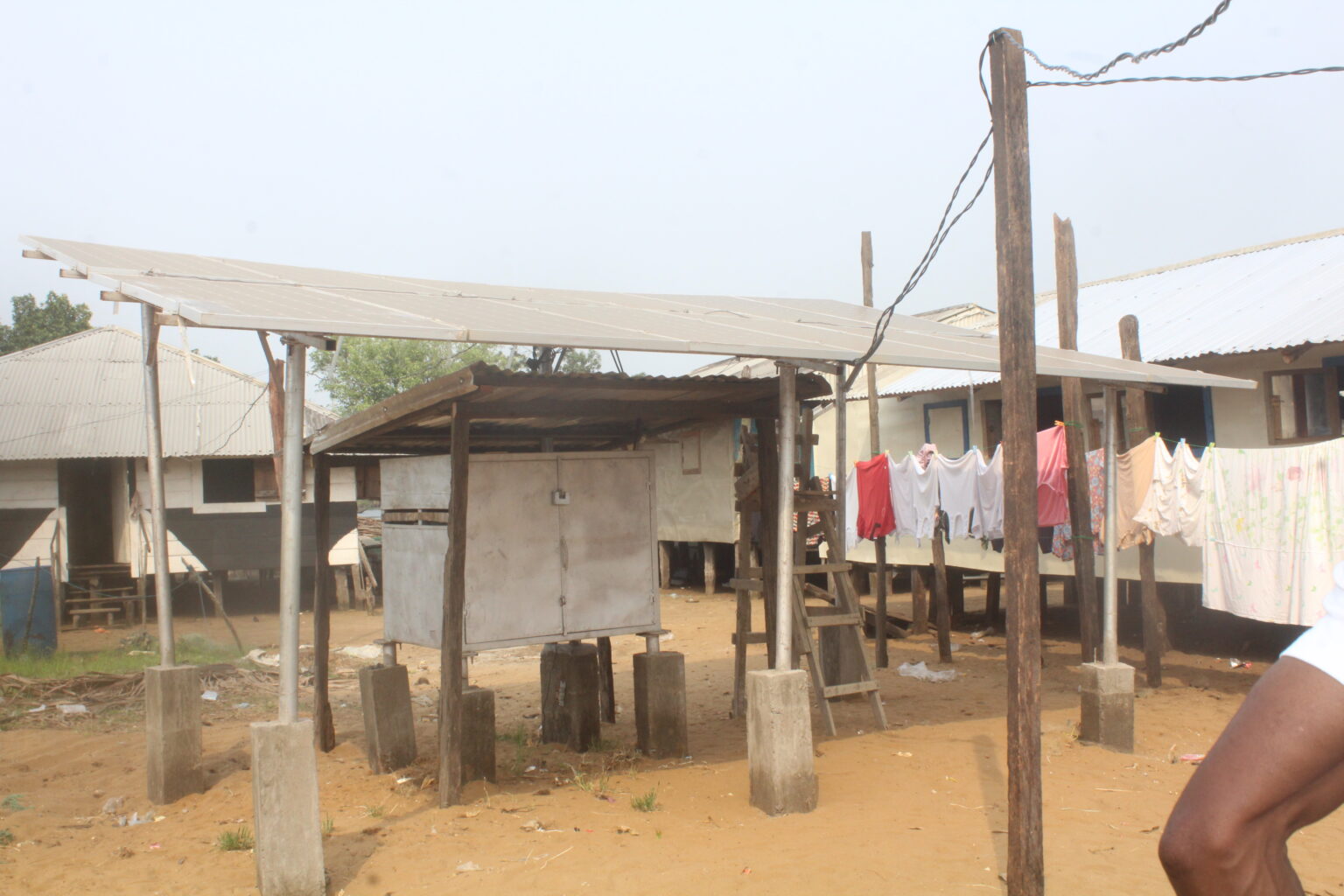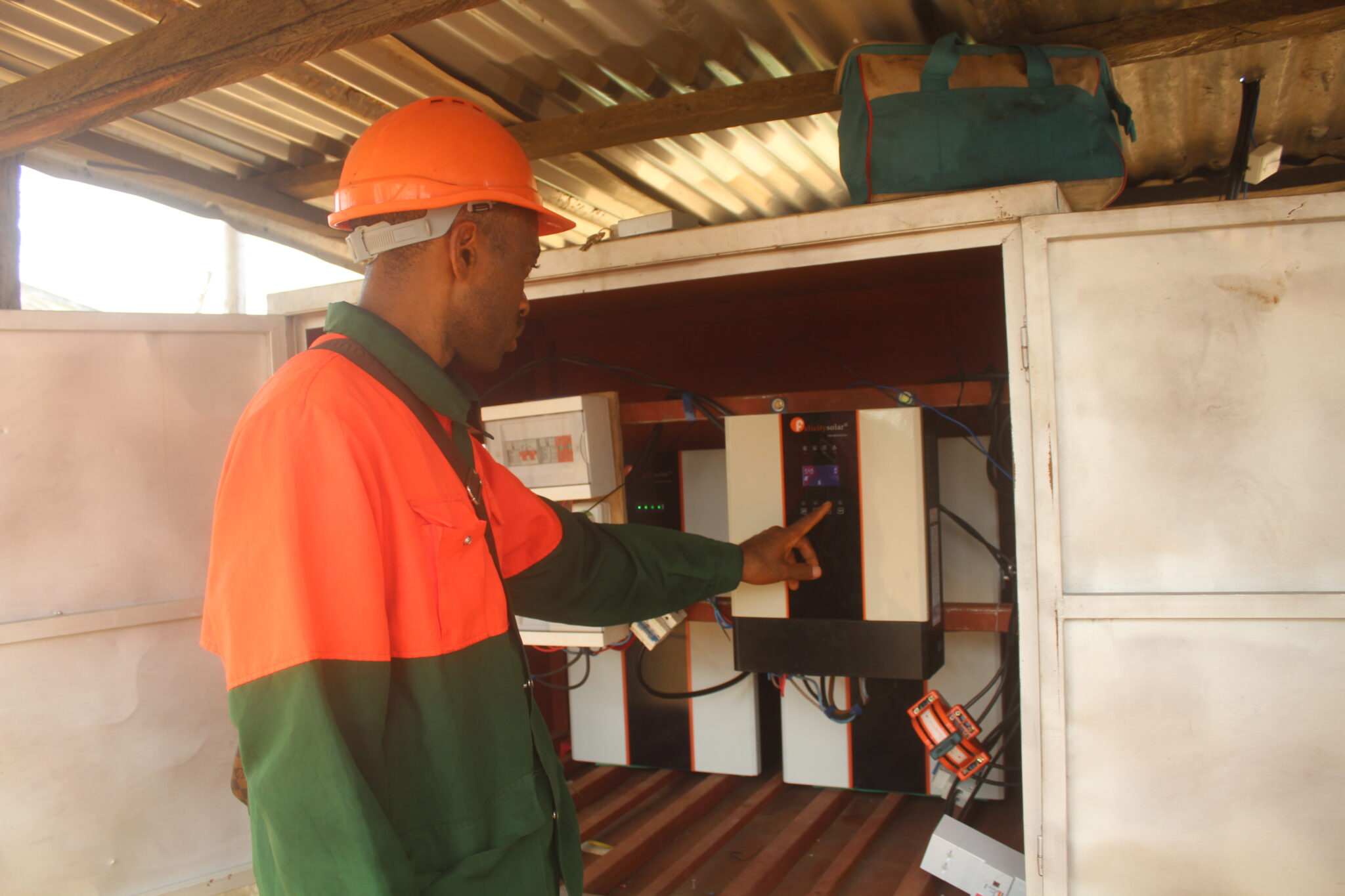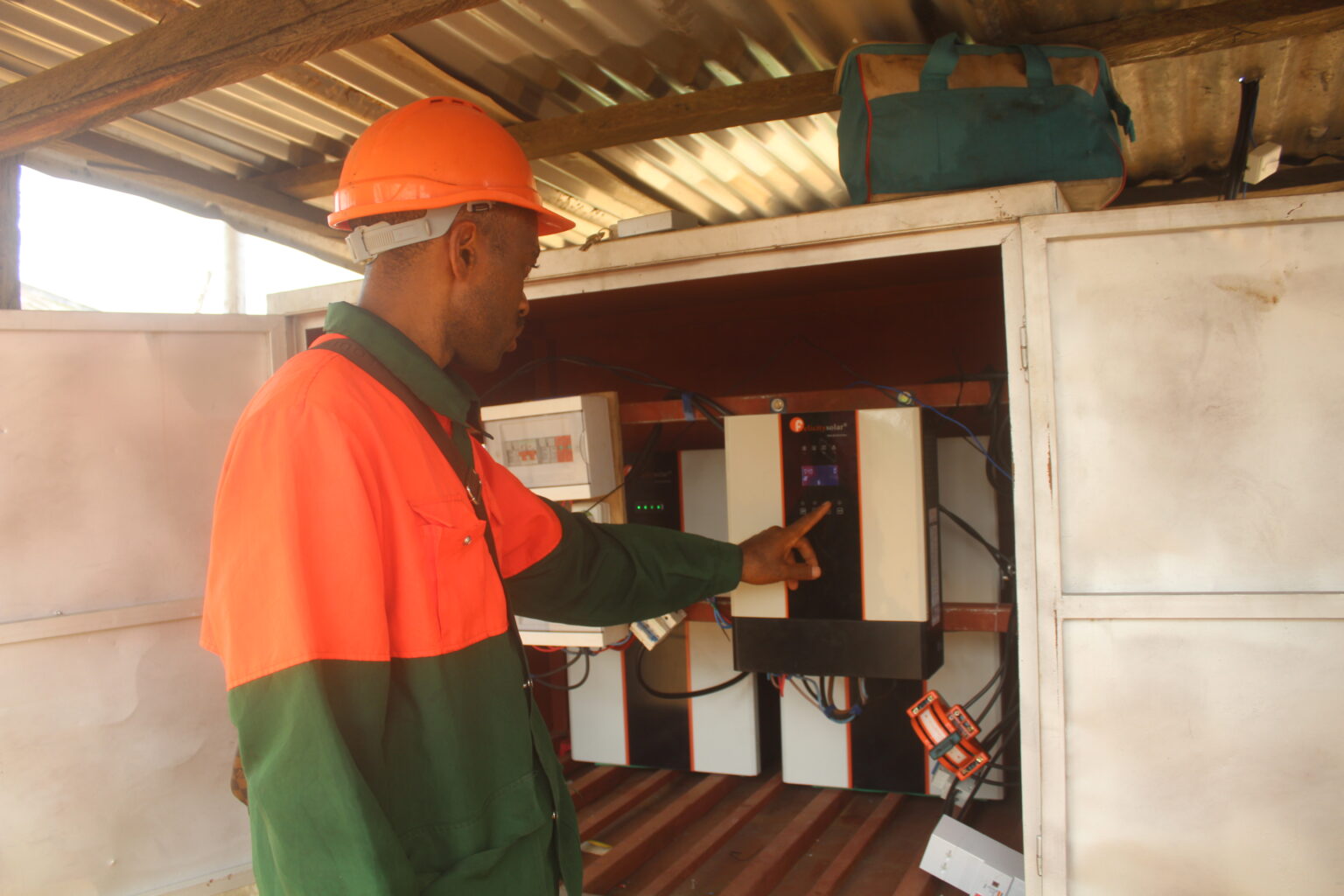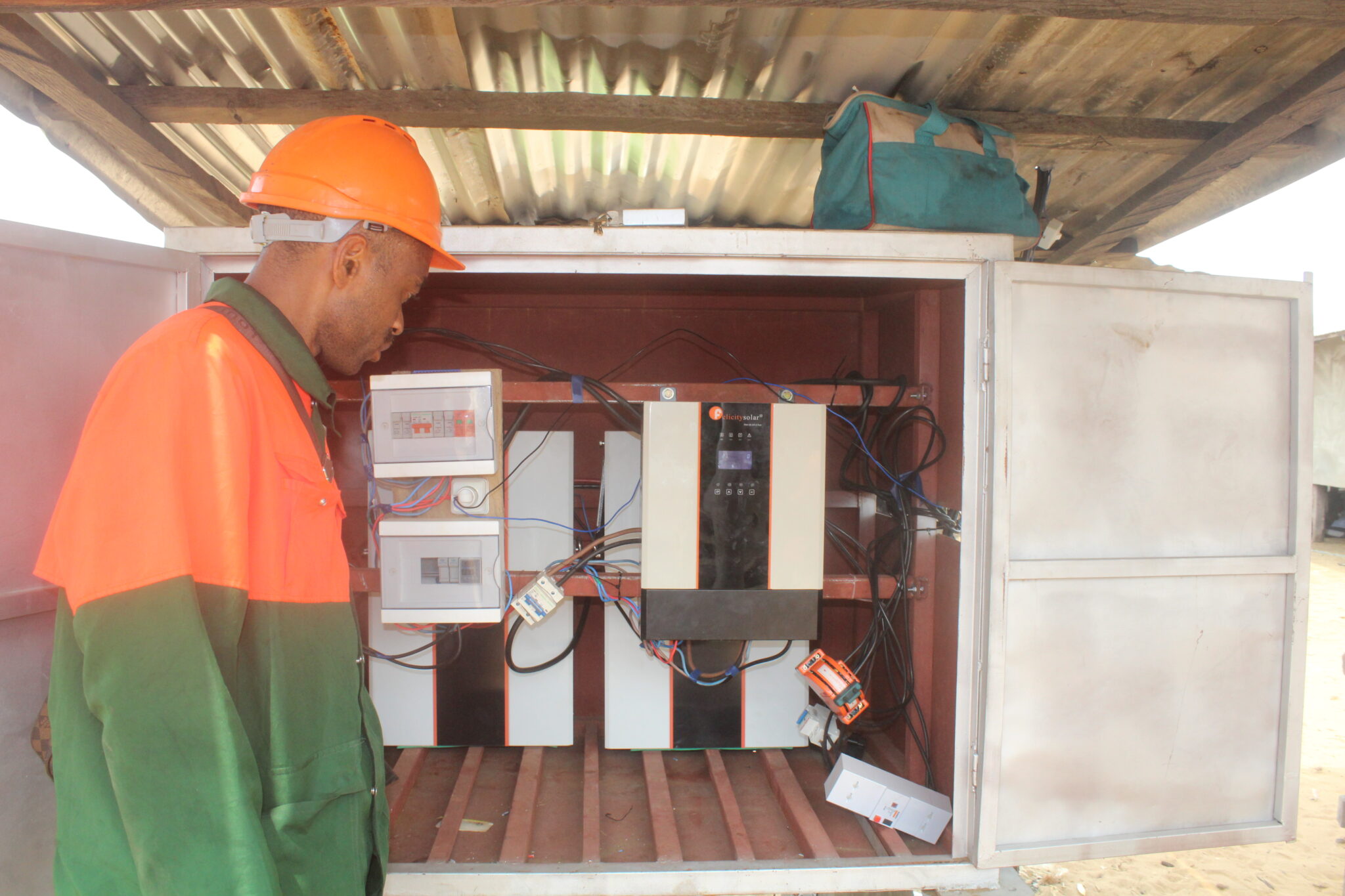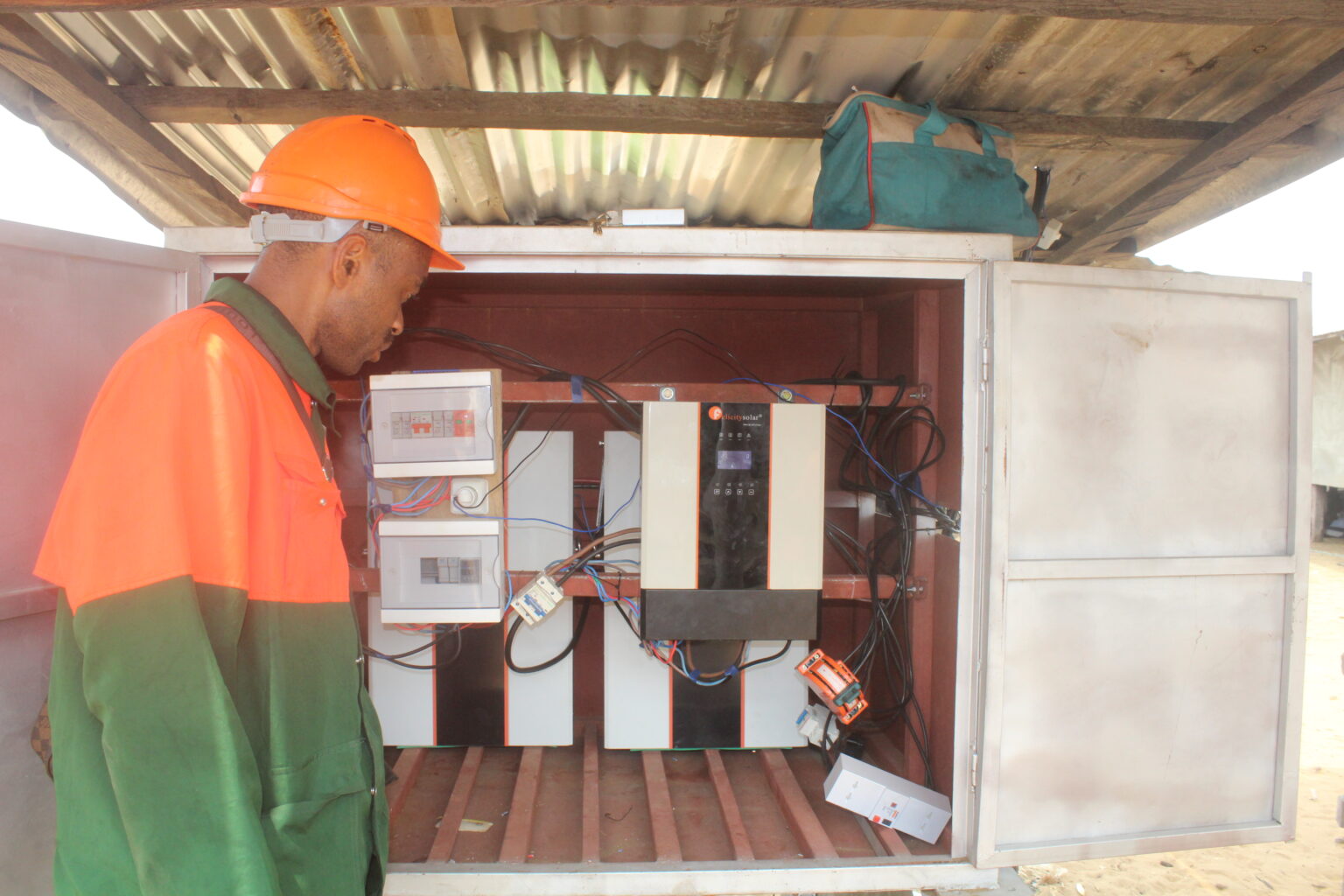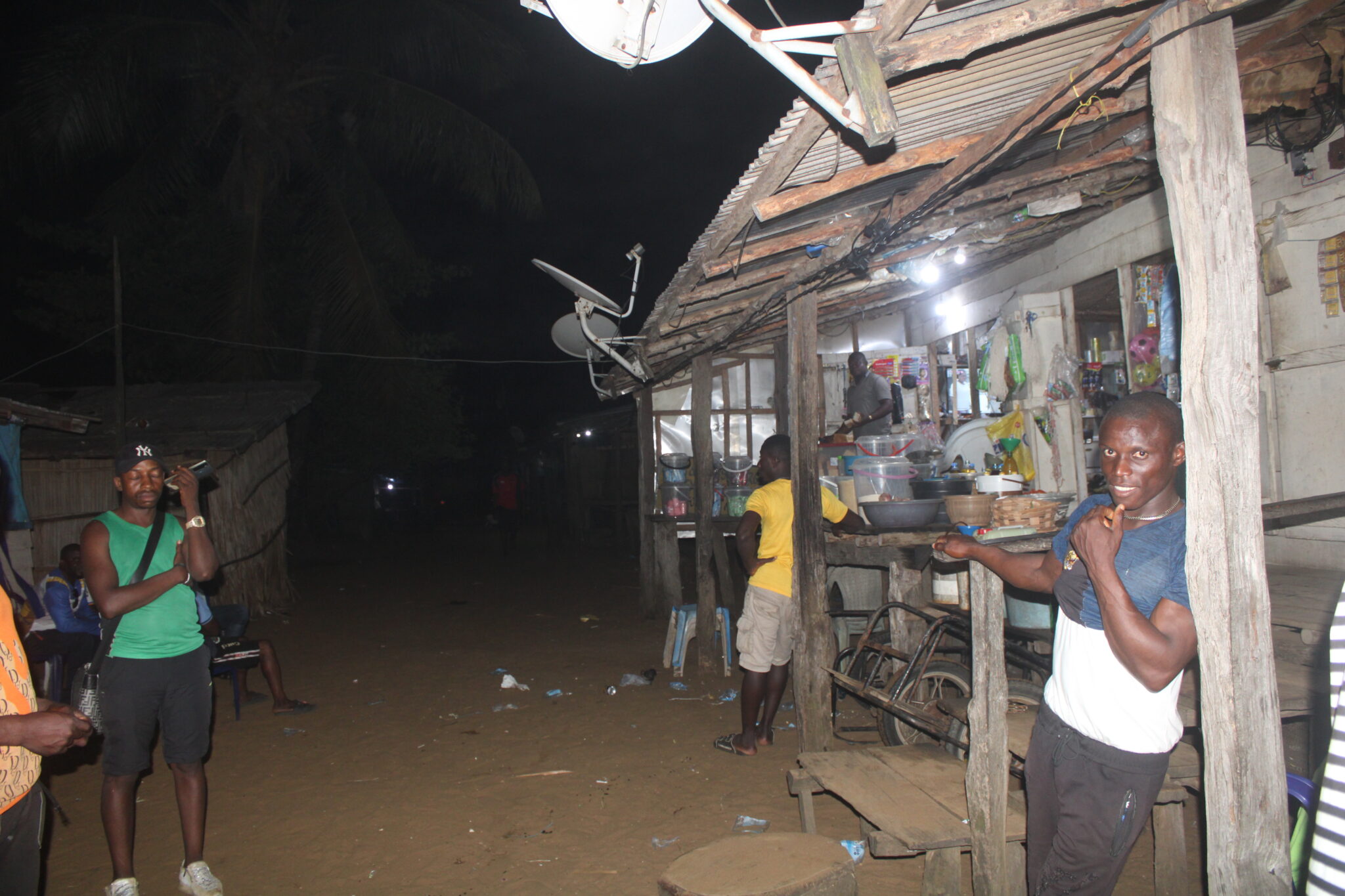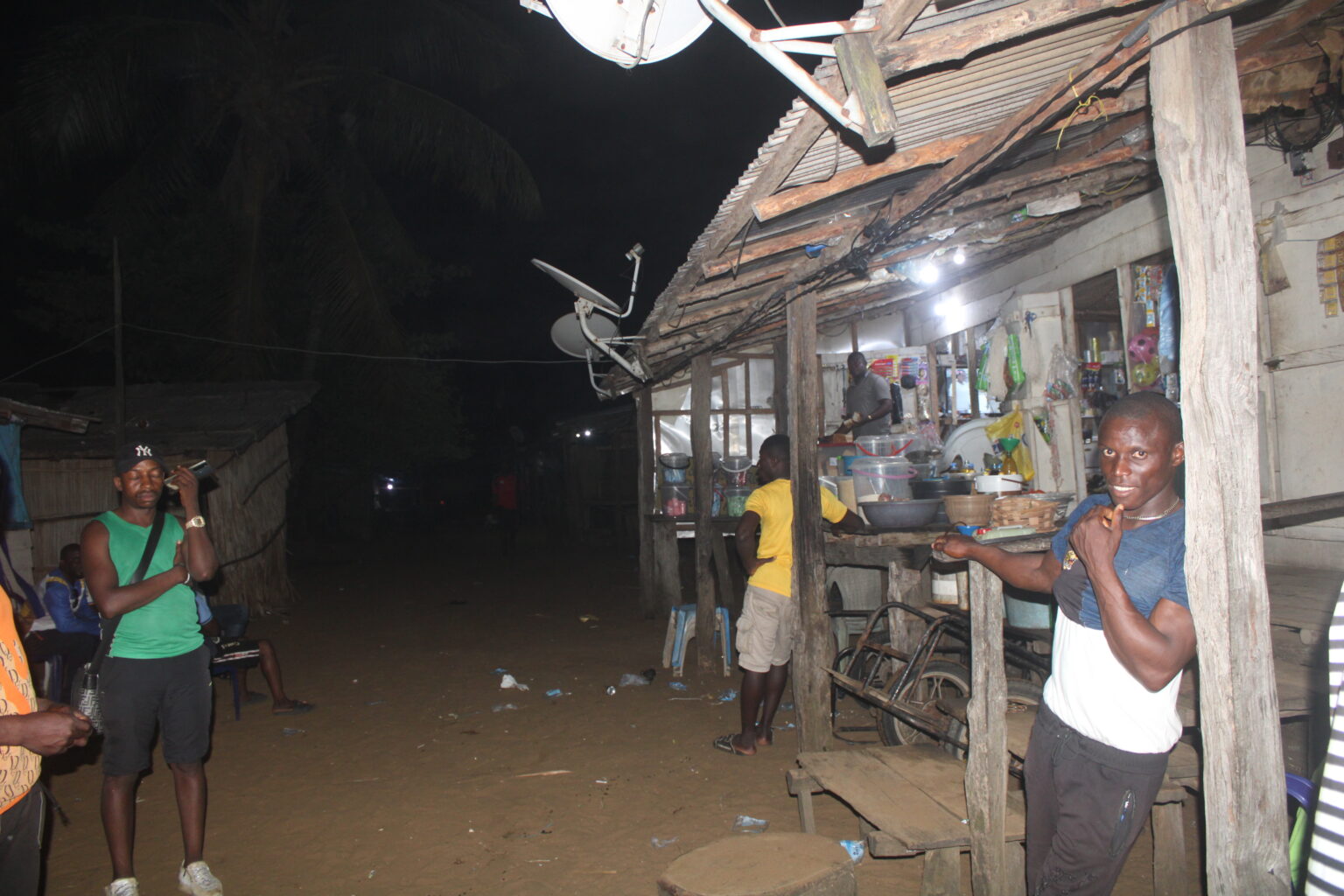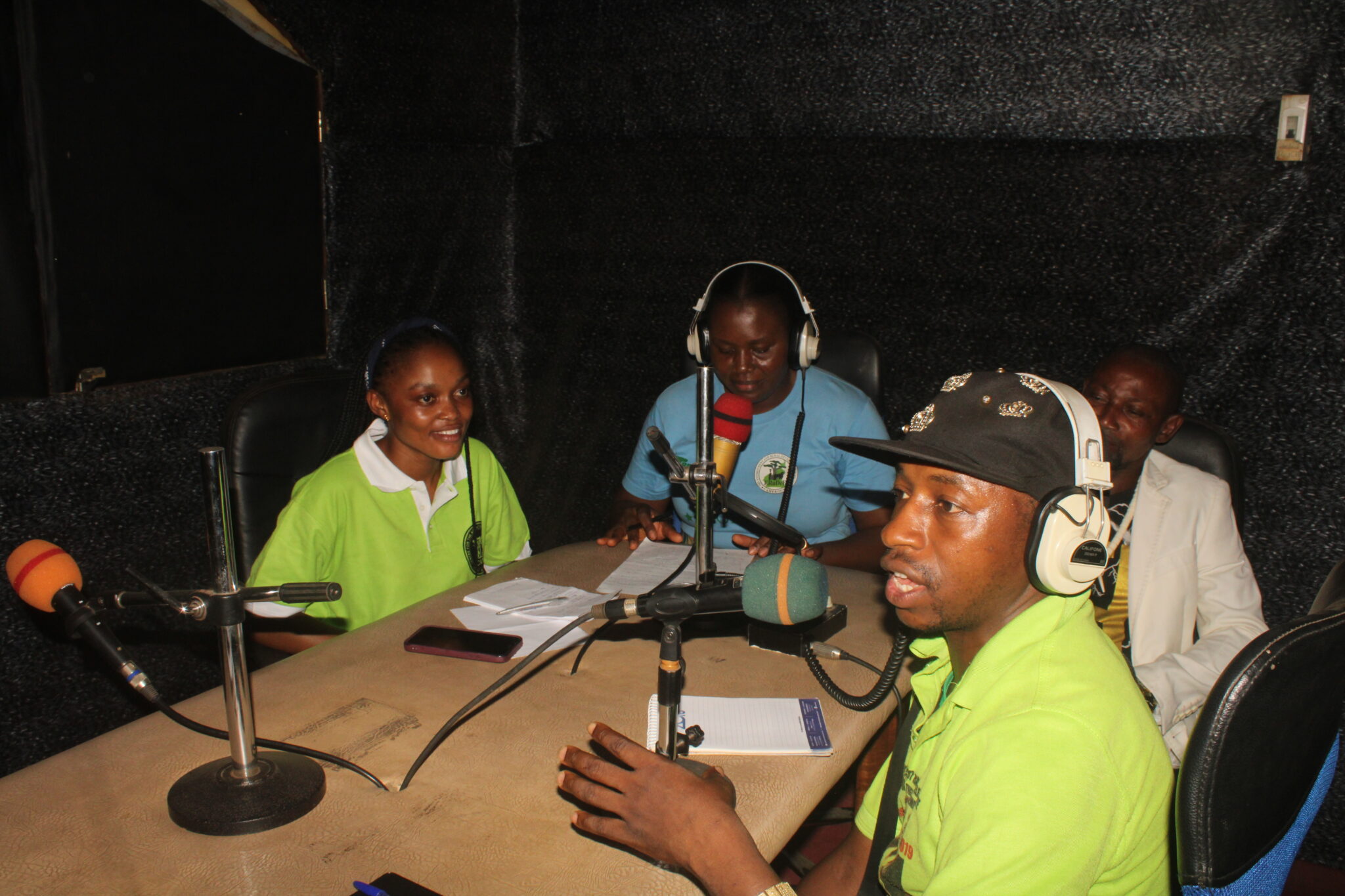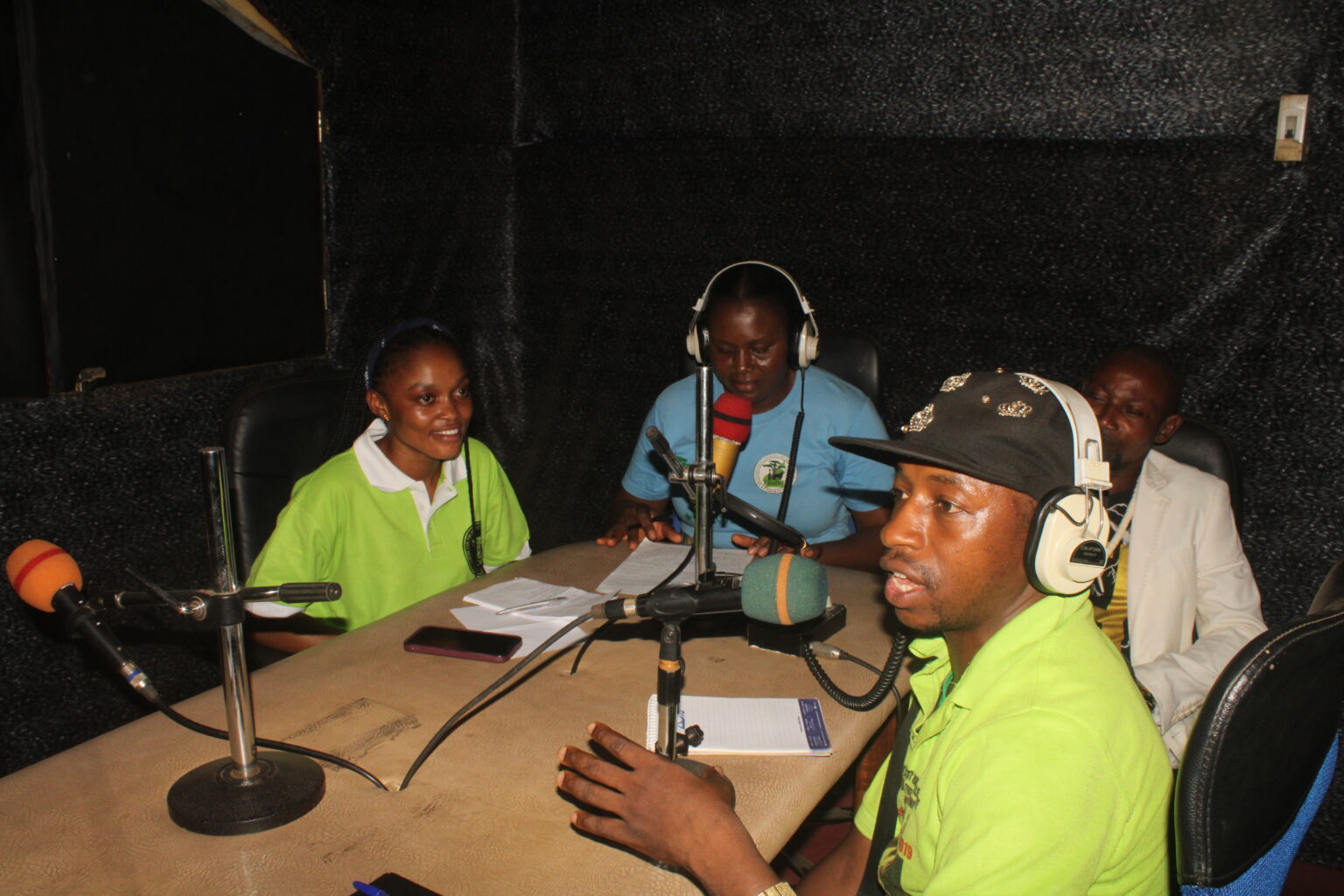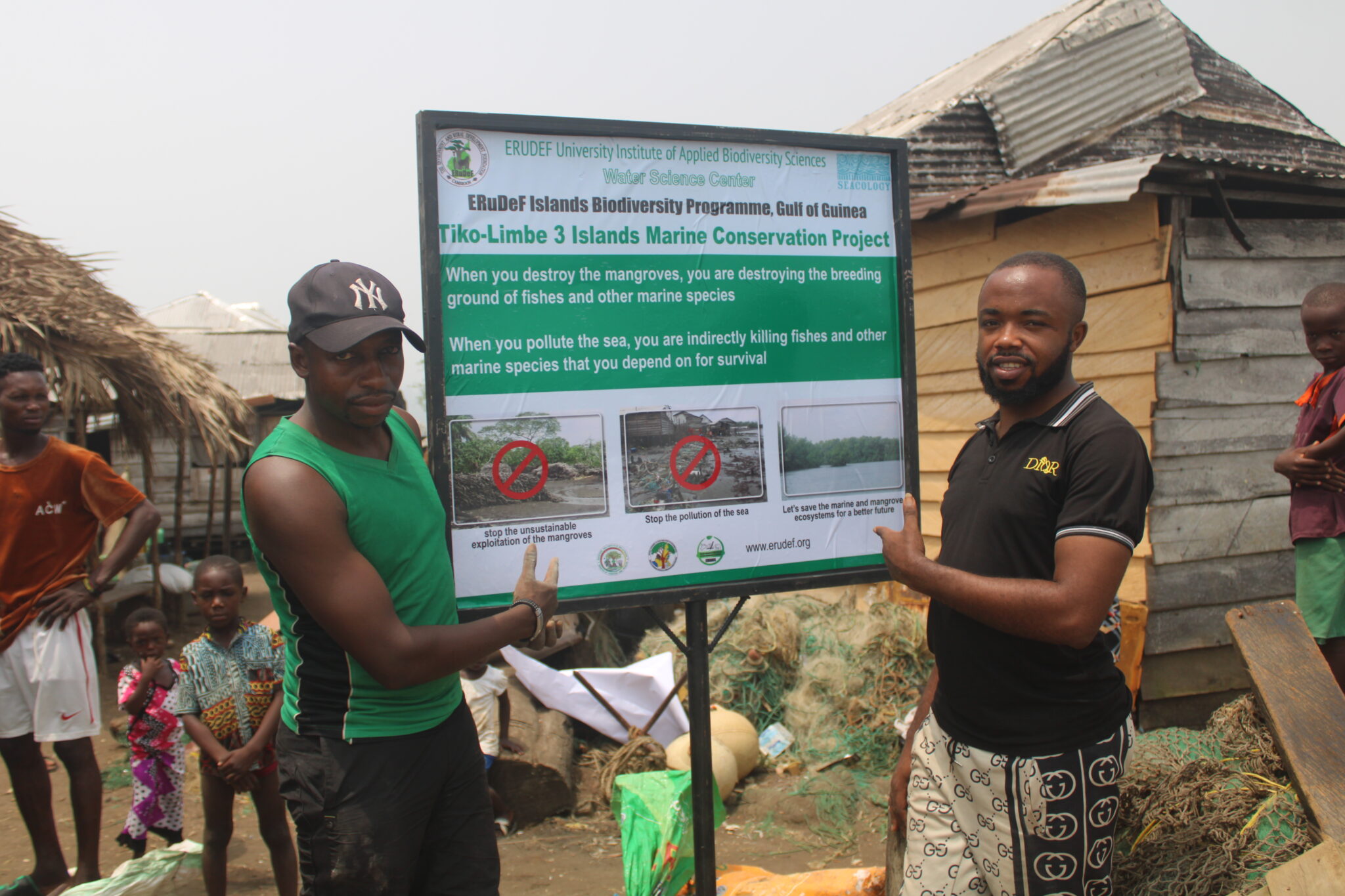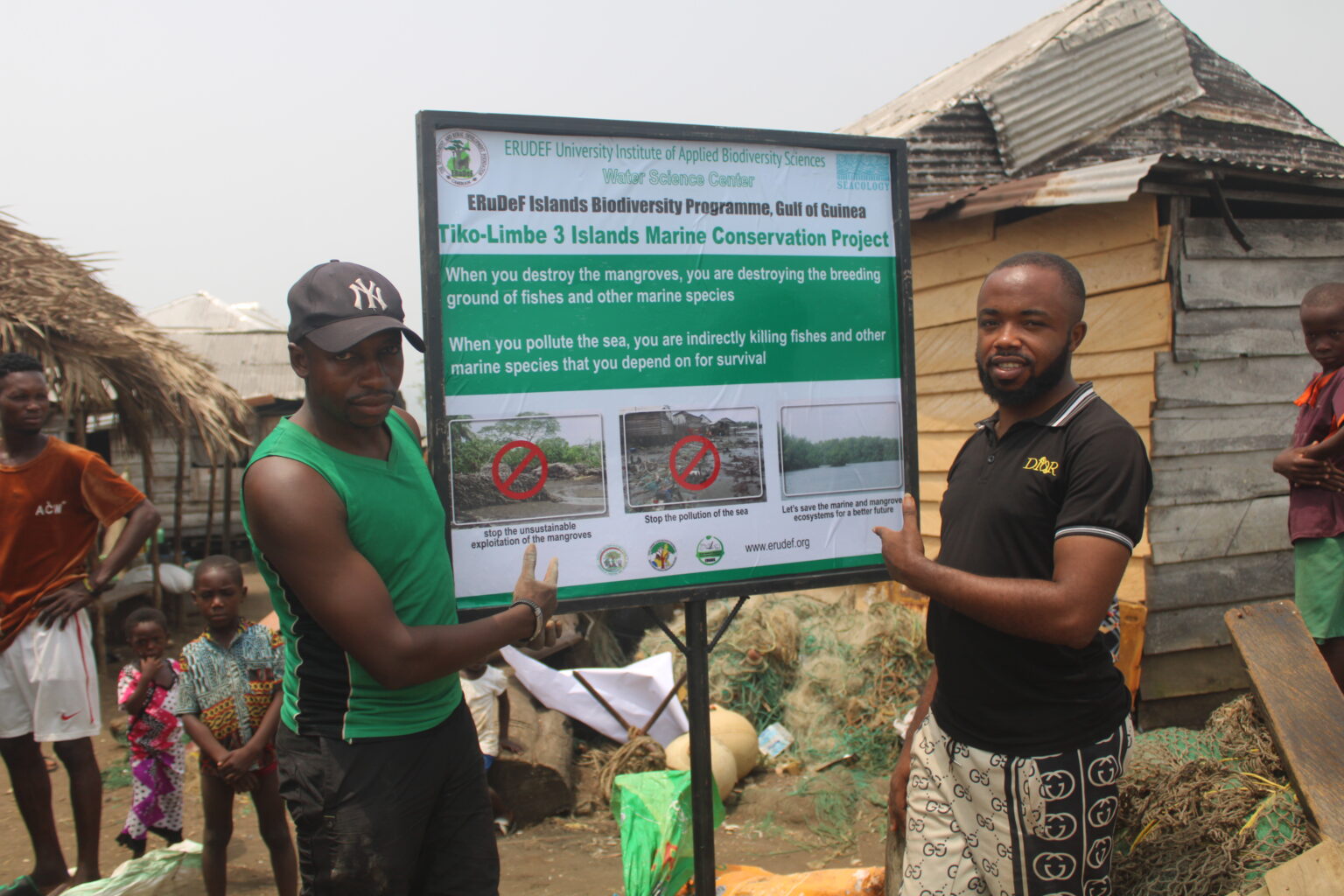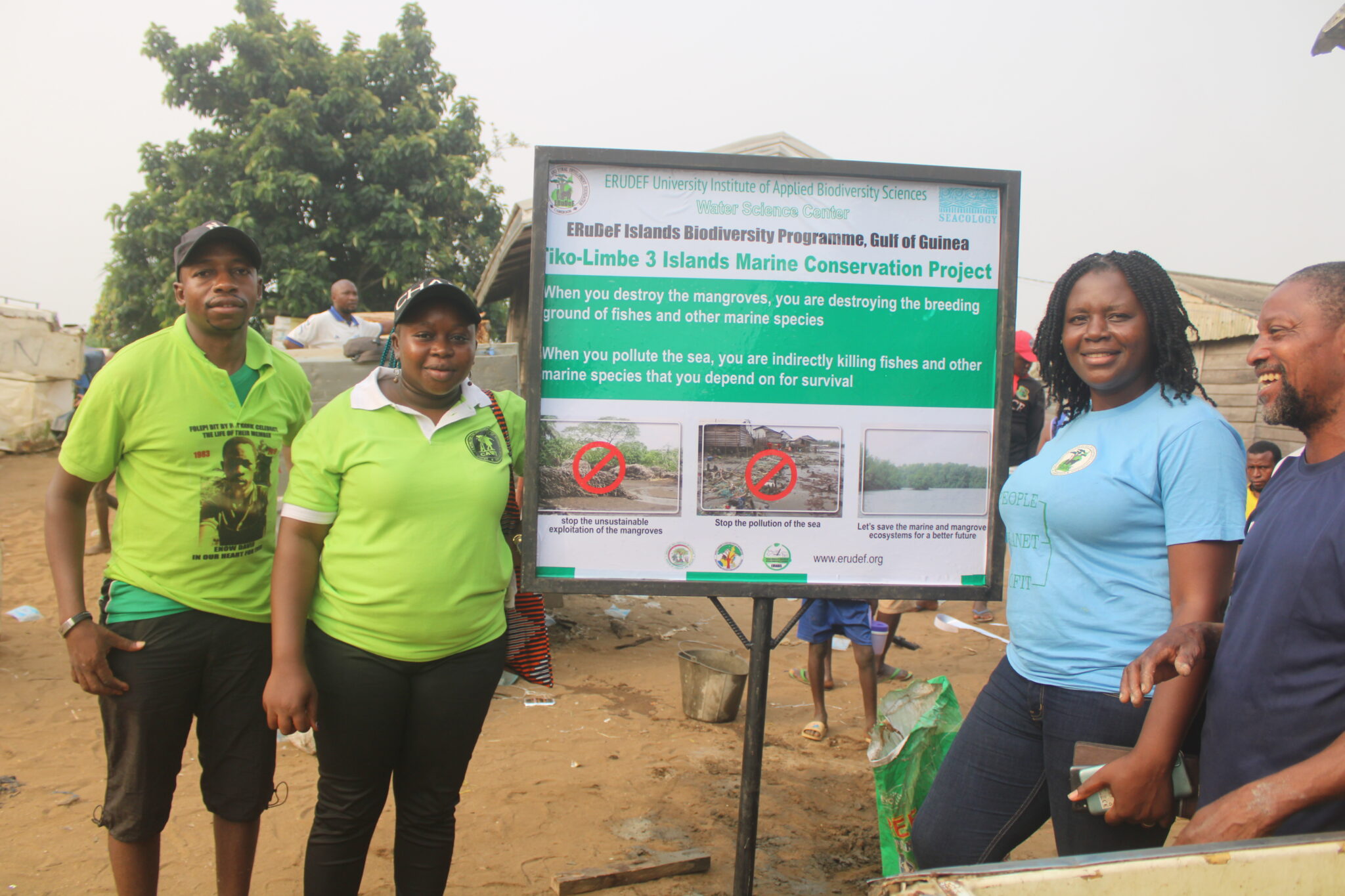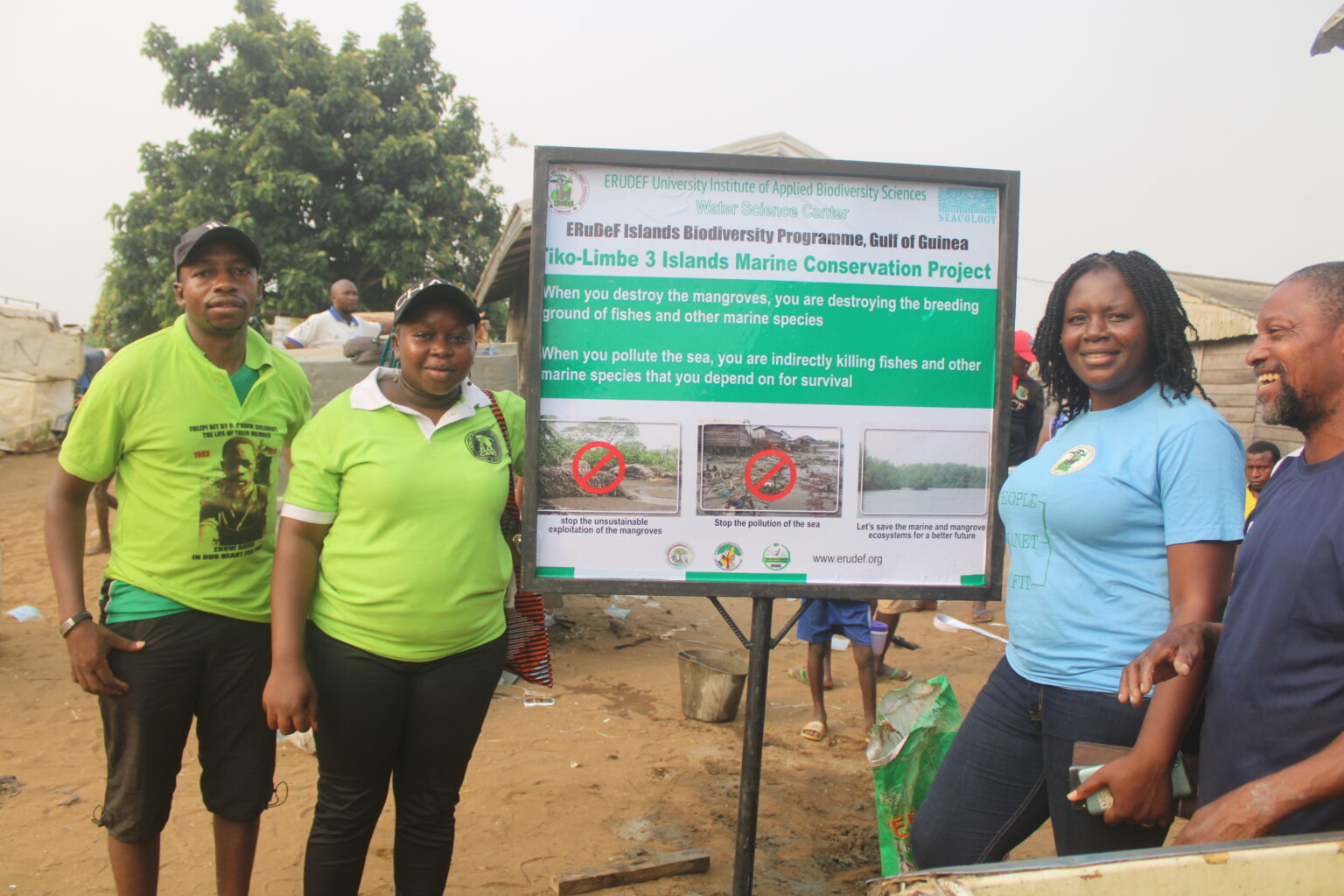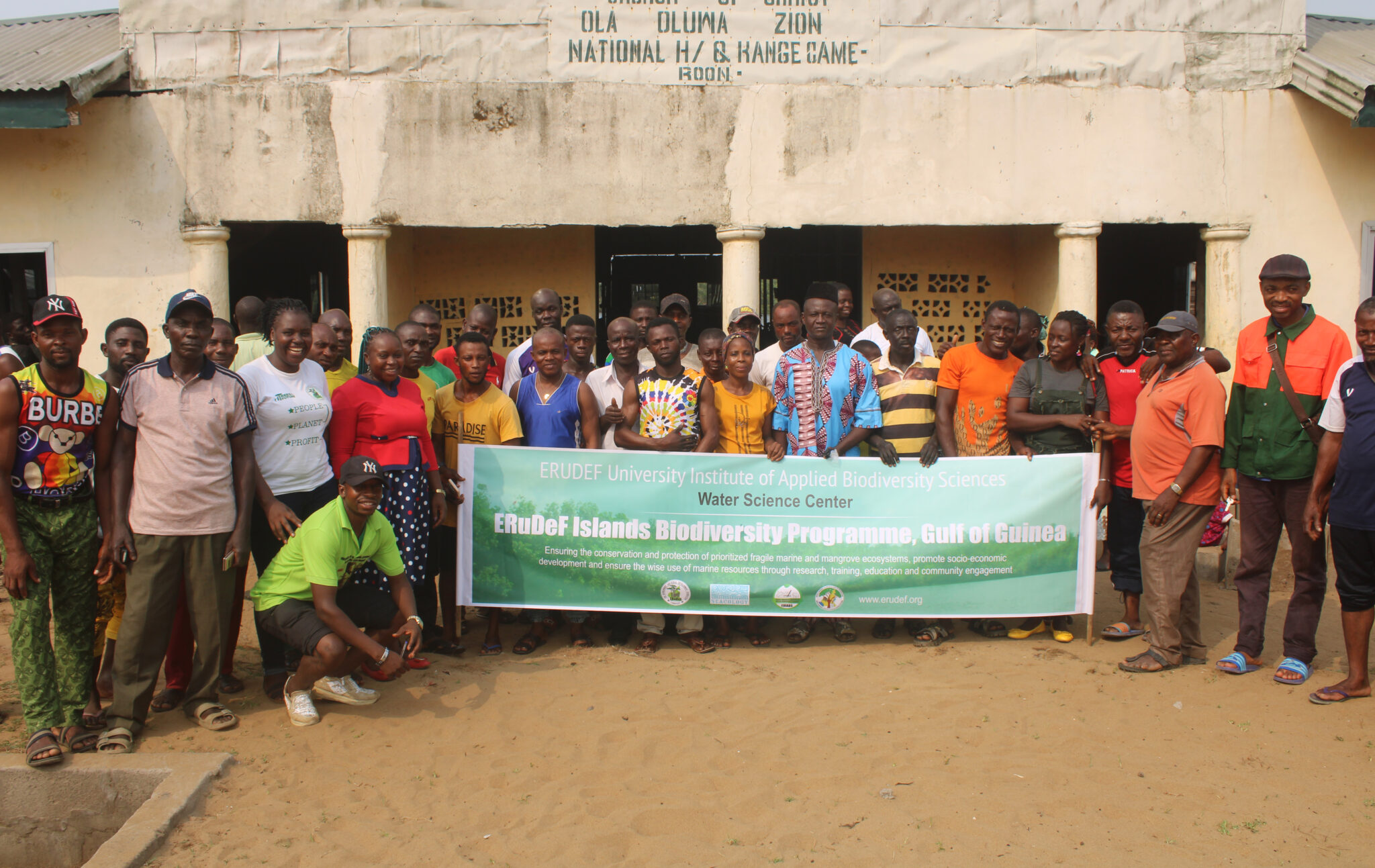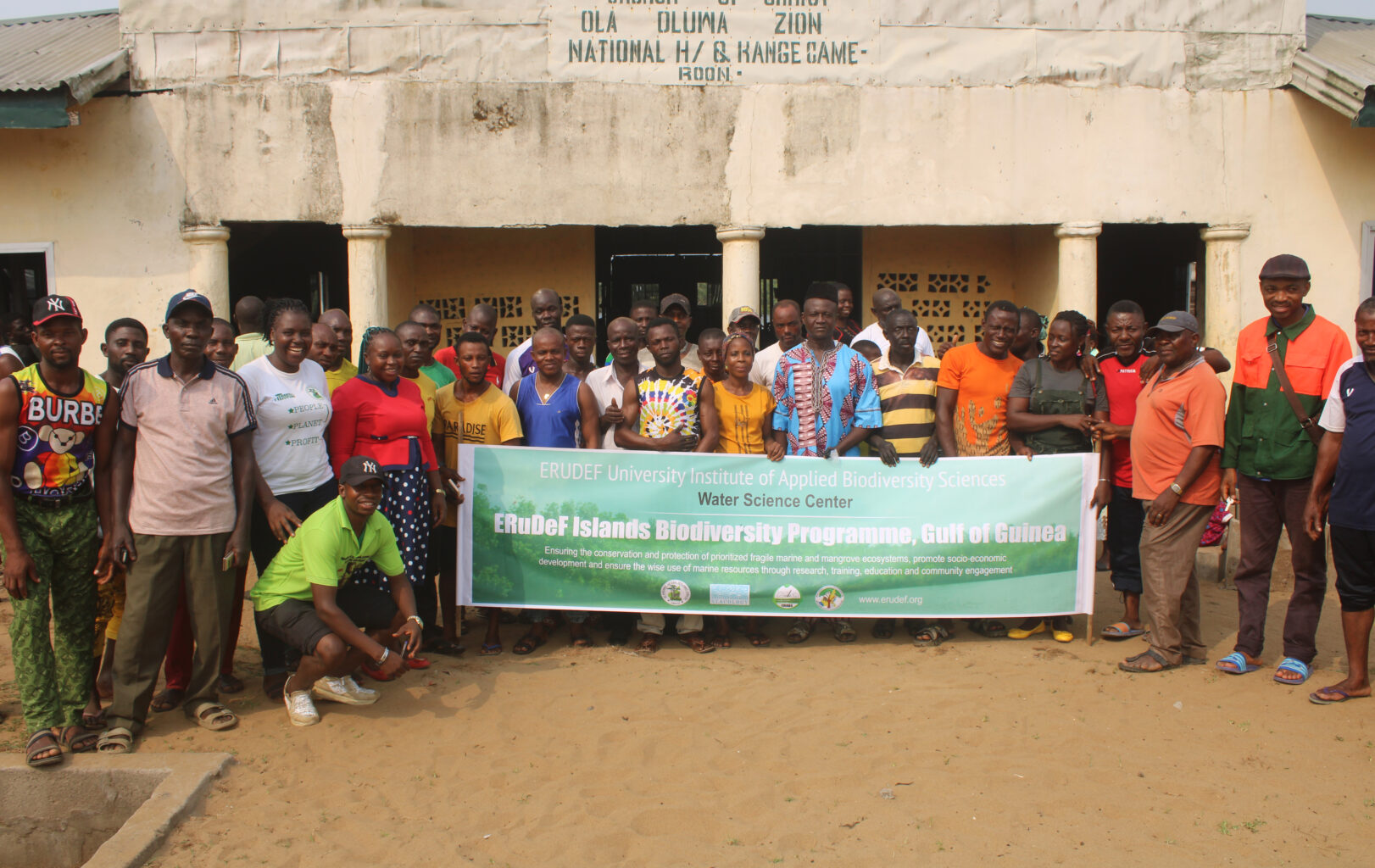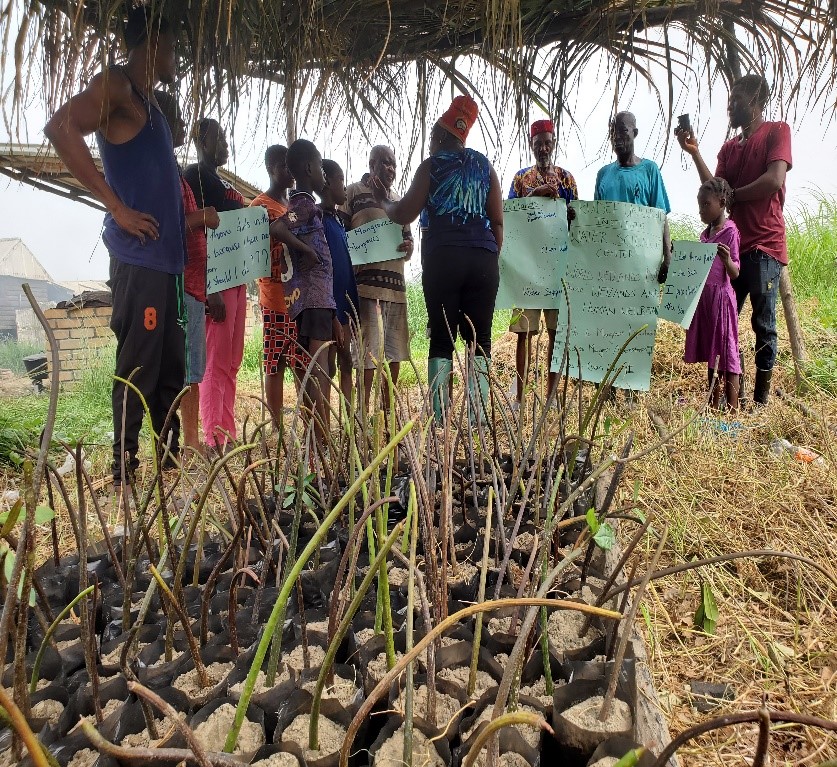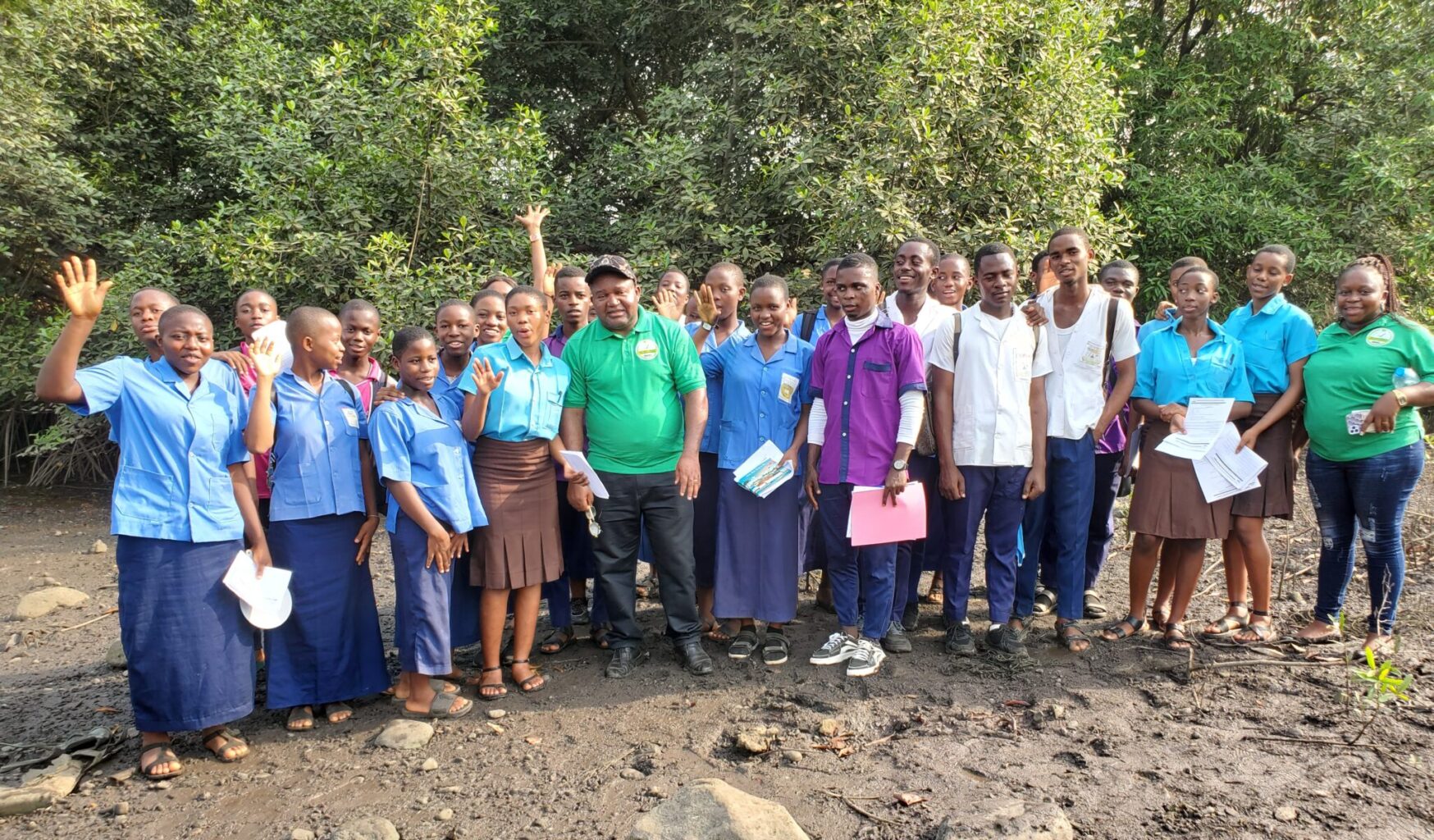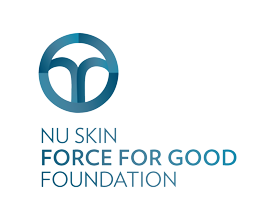The Tiko-Limbe Islands are in the Gulf of Guinea, on Africa’s west coast. The area has incredibly high biodiversity and many endemic marine species. There are four species of sea turtles, five whale species, the critically endangered West Indian Ocean coelacanth, the endangered West African manatee, and more. The endangered Cameroon clawless otter inhabits the islands’ bodies of freshwater.
These islands are among the least developed in the region, and most people live in poverty. They use mangroves as fuel for cooking and drying fish, make charcoal from it, and build with it. Though marine management laws are in place, the area gets little true protection. Fishers from neighboring countries use illegal toxic chemicals, contaminating groundwater in the process. The communities have poor health care facilities, and many have no electricity or potable water. The increasing population puts more strain on infrastructure and natural resources.
This project with local partner The Environment and Rural Development Foundation (ERuDeF) funds solar power for 40 homes and a health center. Solar-powered fish smokers and cold storage will also be provided for local artisanal fishers. ERuDeF estimates that these benefits can help increase household incomes by two to five percent per year.
The island communities (Kangue, Mboma 1, Mboma 2, Mboko, Tachi, and Bwinga) have shown great commitment to protecting the area’s ecosystems. Each one will create a committee to monitor its part of the protected area. Working with the Ministry of Forestry and Wildlife and other agencies, they will develop the Tiko-Limbe Three Islands Community Conservation Network. This organization will help enforce the rules. It will also spread the word about marine pollution through education sessions, newsletters, radio and TV programs, and public events.


